History is rich with extraordinary individuals who are worth knowing about. From the well-known leaders who changed the course of history to lesser-known individuals whose contributions were significant in their own right, exploring these figures opens students’ eyes to the possibilities in their own lives. We put together a list of some of the most influential and famous historical figures from throughout history to the present.
Why Learning About Famous Historical Figures Matters
Learning about famous historical figures gives students a front-row seat to some of the most inspiring stories in history. They discover that ordinary people—just like them—stood up for what they believed in, broke down barriers, and sparked change. Take Malala Yousafzai, who fought for girls’ right to education, or Martin Luther King Jr., who championed civil rights and equality. By exploring these people, kids see history come alive. It builds empathy and understanding that history is more than just dates and events. It’s the stories of people whose courage and actions still inspire us today.
Famous Historical Figures
Here are some famous historical figures who shaped the course of history. From revolutionaries and inventors to artists and leaders, these remarkable famous historical figures left a legacy that still resonates today.
Confucius (551–479 BC)
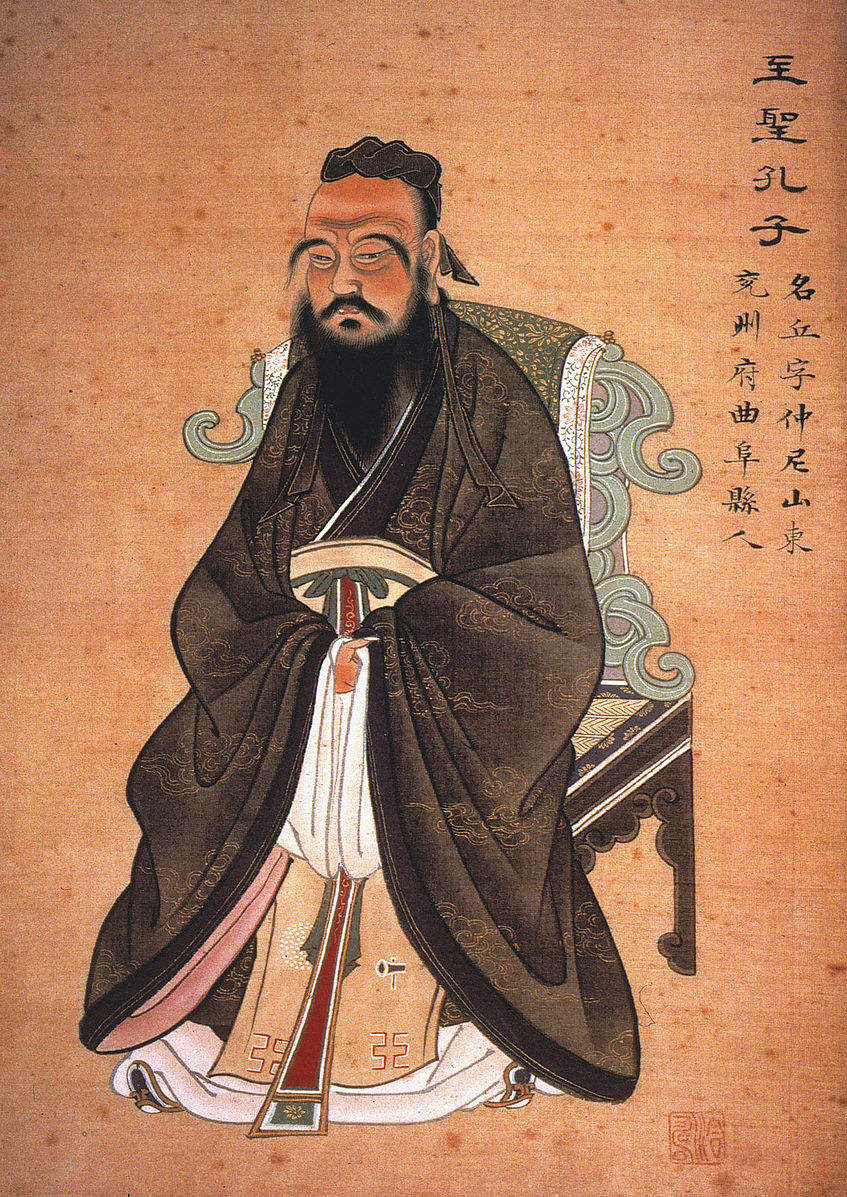
From: China
Confucius is one of history’s most influential philosophers and famous historical figures. He is known for his profound influence on philosophy and culture, especially in China. He founded Confucianism, a belief system that emphasizes moral integrity, respect for family, and social harmony. Central to his teachings is “ren,” which means humaneness and compassion, encouraging empathy and strong relationships among people. Confucius also stressed the importance of education and virtuous leadership, believing that society flourishes when leaders embody ethical values. His ideas resonate today, highlighting the significant impact one individual can have on the values and ethics of society.
Learn more: Confucius at Britannica Encyclopedia
Leonardo da Vinci (1452–1519)
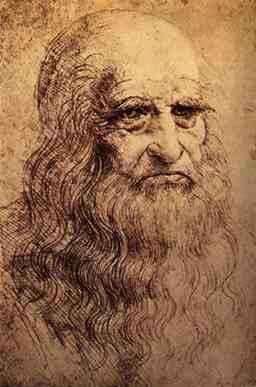
From: Italy
Leonardo da Vinci was a genius whose talents covered but were not limited to art, science, and engineering. Best known for masterpieces like the “Mona Lisa” and “The Last Supper,” his paintings are celebrated for their beauty and innovative techniques. But his brilliance didn’t stop there! Da Vinci’s notebooks are filled with sketches of amazing inventions. Some include flying machines, an early version of a tank, and detailed studies of human anatomy that changed how we understand our bodies. His endless curiosity and quest for knowledge capture the spirit of the Renaissance. This makes him a remarkable figure whose contributions continue to inspire others. Da Vinci’s legacy reminds us that creativity knows no bounds and that the pursuit of knowledge can lead to extraordinary discoveries.
Learn more: Leonardo da Vinci at Britannica Encyclopedia
Ferdinand Magellan (1480–1521)
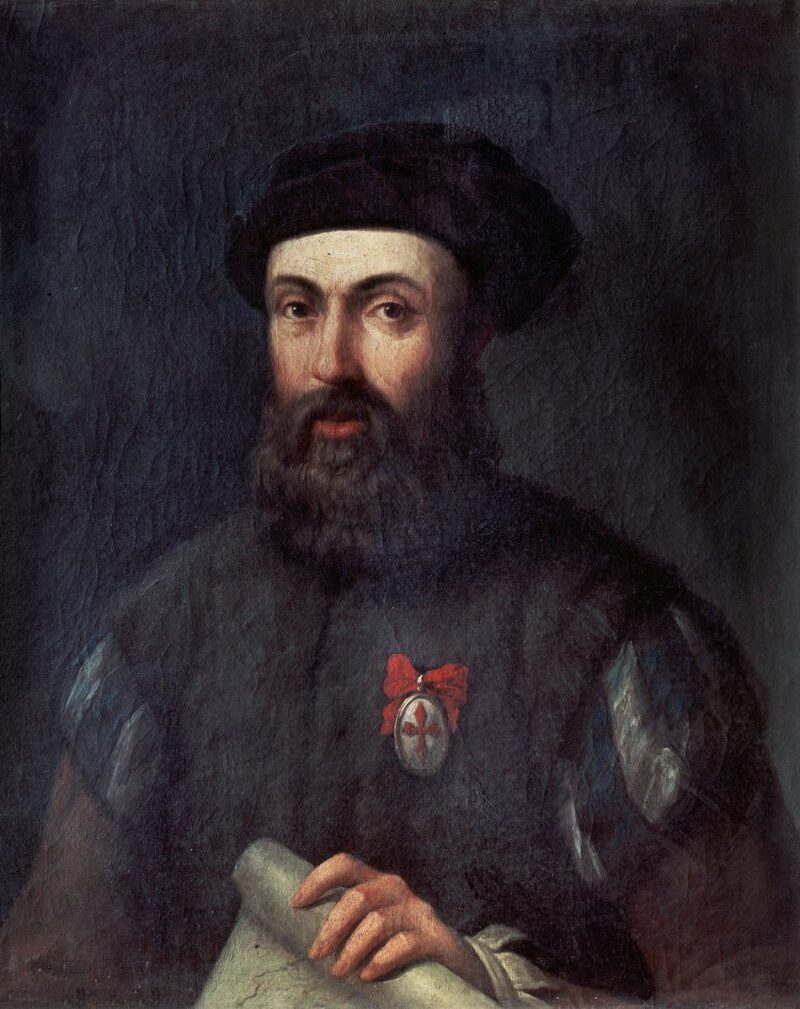
From: Portugal
Ferdinand Magellan was an adventurous explorer famous for leading the first expedition to sail around the world. This incredible journey, which began in 1519, showed that the Earth is round and revealed just how vast it is, completely changing our understanding of geography and navigation. Magellan set out to find a westward route to the Spice Islands, bravely facing rough seas and encounters with unfamiliar cultures. Although he didn’t make it to the end of the journey—tragically losing his life in the Philippines—his expedition returned in 1522 with invaluable information about the world’s oceans and connections between distant cultures. Magellan’s daring spirit and thirst for exploration have made him one of the famous historical figures in maritime history. This has inspired countless adventurers to explore the unknown.
Learn more: Ferdinand Magellan at Britannica Encyclopedia
Queen Elizabeth I (1533–1603)
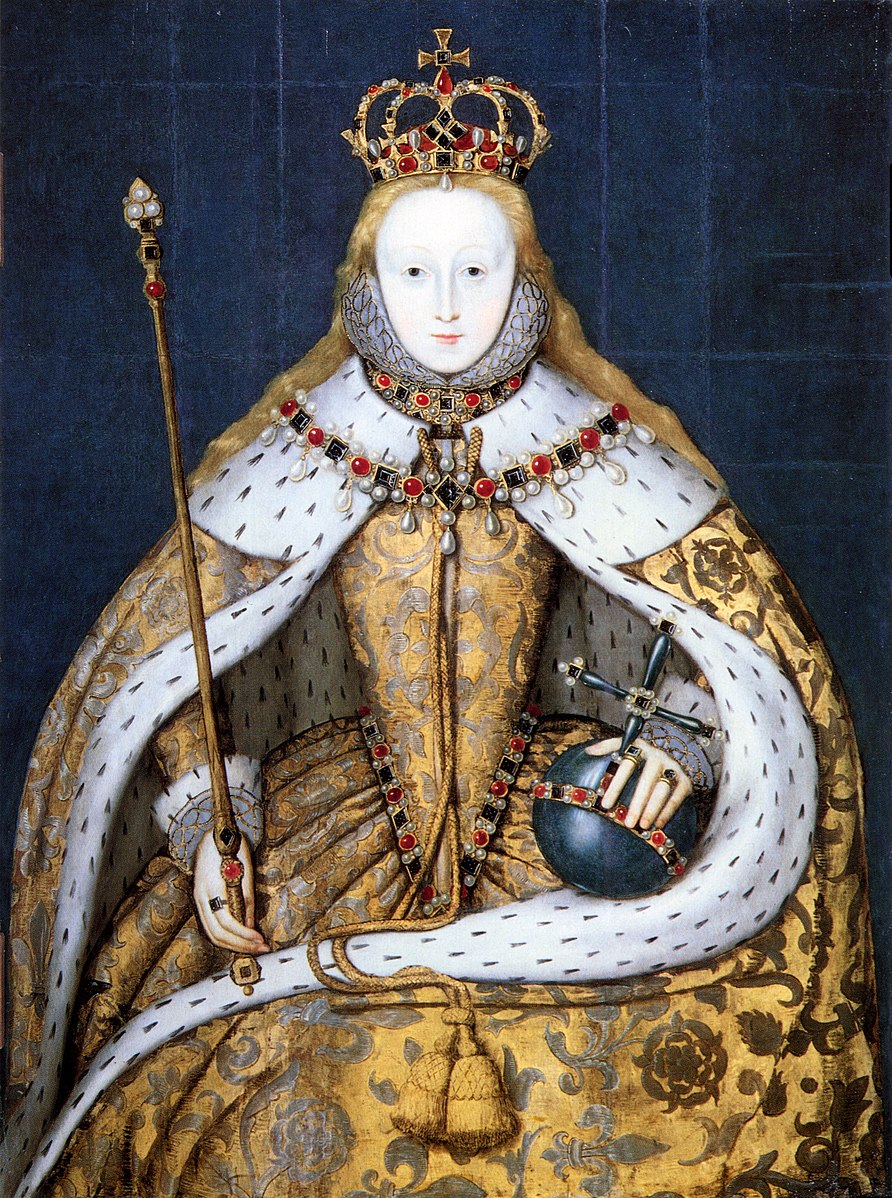
From: United Kingdom
Queen Elizabeth I, the last monarch of the Tudor dynasty, is celebrated for her remarkable reign, which brought stability and prosperity to England after years of turmoil. Her leadership during the Elizabethan era was characterized by a strong, shrewd, and independent rule, which saw the flourishing of English drama with playwrights like William Shakespeare. She skillfully navigated political and religious challenges, including the defeat of the Spanish Armada in 1588, solidifying England’s power on the world stage. Elizabeth’s reign also marked an era of exploration, with seafarers expanding England’s influence abroad. She remains a symbol of resilience, intelligence, and the power of a determined female ruler in a male-dominated world.
Learn more: Queen Elizabeth I at Britannica Encyclopedia
William Shakespeare (1564–1616)
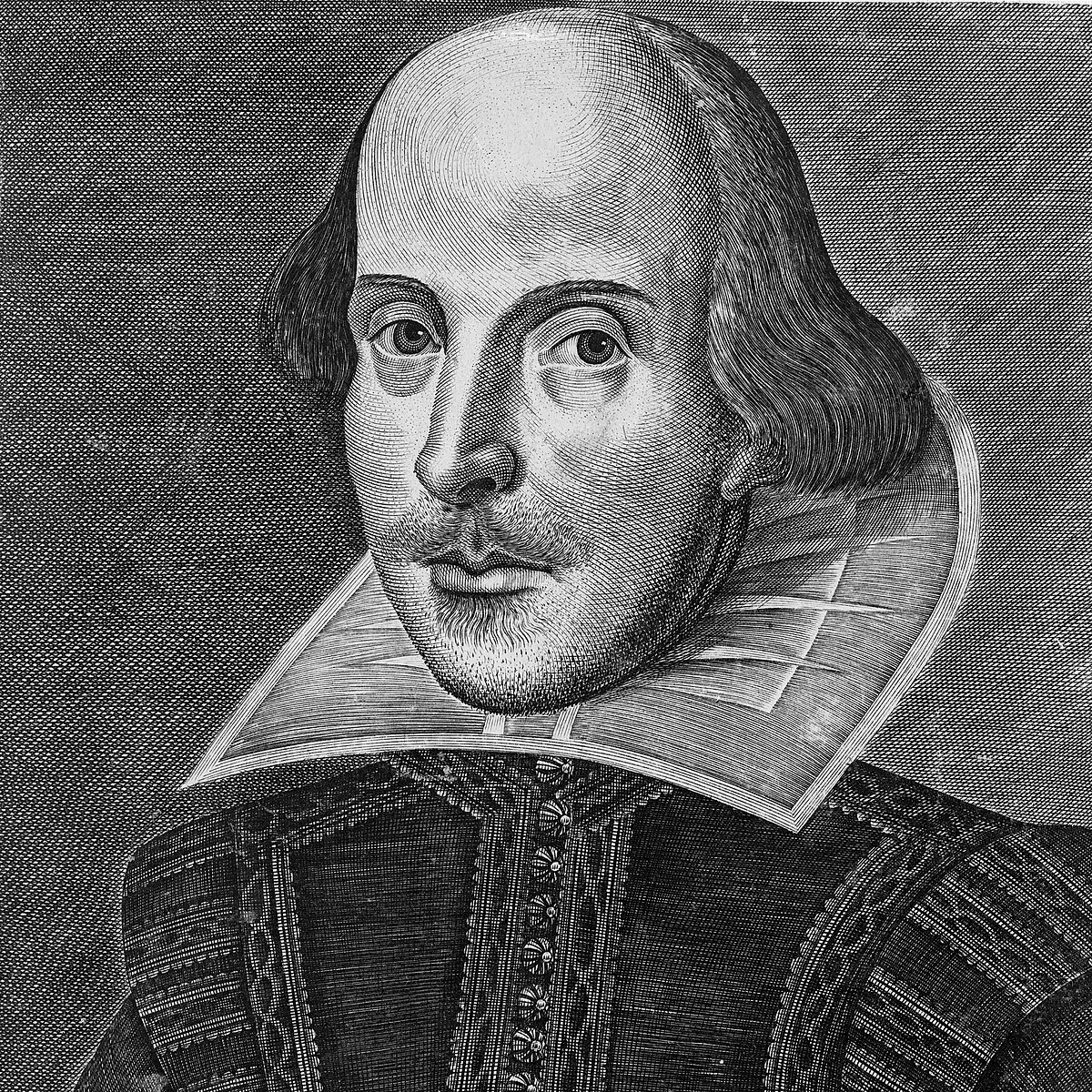
From: United Kingdom
William Shakespeare is often referred to as the greatest playwright and poet in history, and for good reason! He transformed English literature with his captivating storytelling and rich, complex characters. From the intense tragedies of “Hamlet” and “Macbeth” to the delightful comedies like “A Midsummer Night’s Dream” and “Much Ado About Nothing,” Shakespeare’s works explore the full range of human emotions and experiences. His clever use of language, including the innovative iambic pentameter and over 1,700 words he invented, forever changed the landscape of drama and poetry. Shakespeare’s themes of love, power, jealousy, and ambition still resonate with audiences today.
Learn more: William Shakespeare at Britannica Encyclopedia
Galileo Galilei (1564–1642)
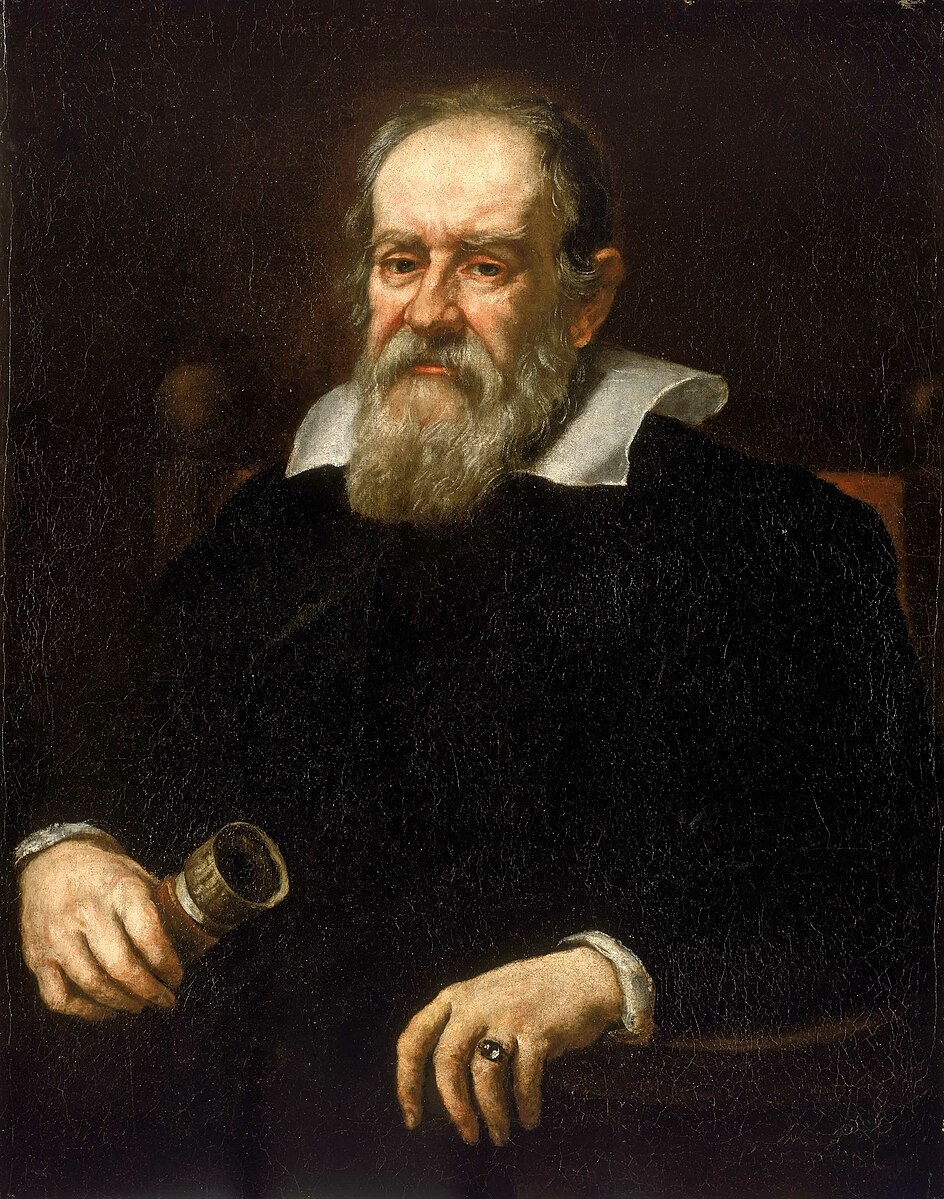
From: Italy
Galileo Galilei, known as the “Father of Modern Science,” was an astronomer, physicist, and mathematician who changed our understanding of the universe. He was a pioneer of the scientific method, emphasizing observation and experimentation. With his telescope, Galileo made remarkable discoveries, including the moons of Jupiter and the phases of Venus. These findings challenged the long-held beliefs about our solar system and showed that the universe was much more complex than previously thought. Galileo wasn’t afraid to ask tough questions and push against established norms, which made him a key figure in the Scientific Revolution. His legacy lives on, reminding us all of the power of curiosity and critical thinking in our quest for knowledge.
Learn more: Galileo Galilei at Britannica Encyclopedia
Isaac Newton (1642–1727)
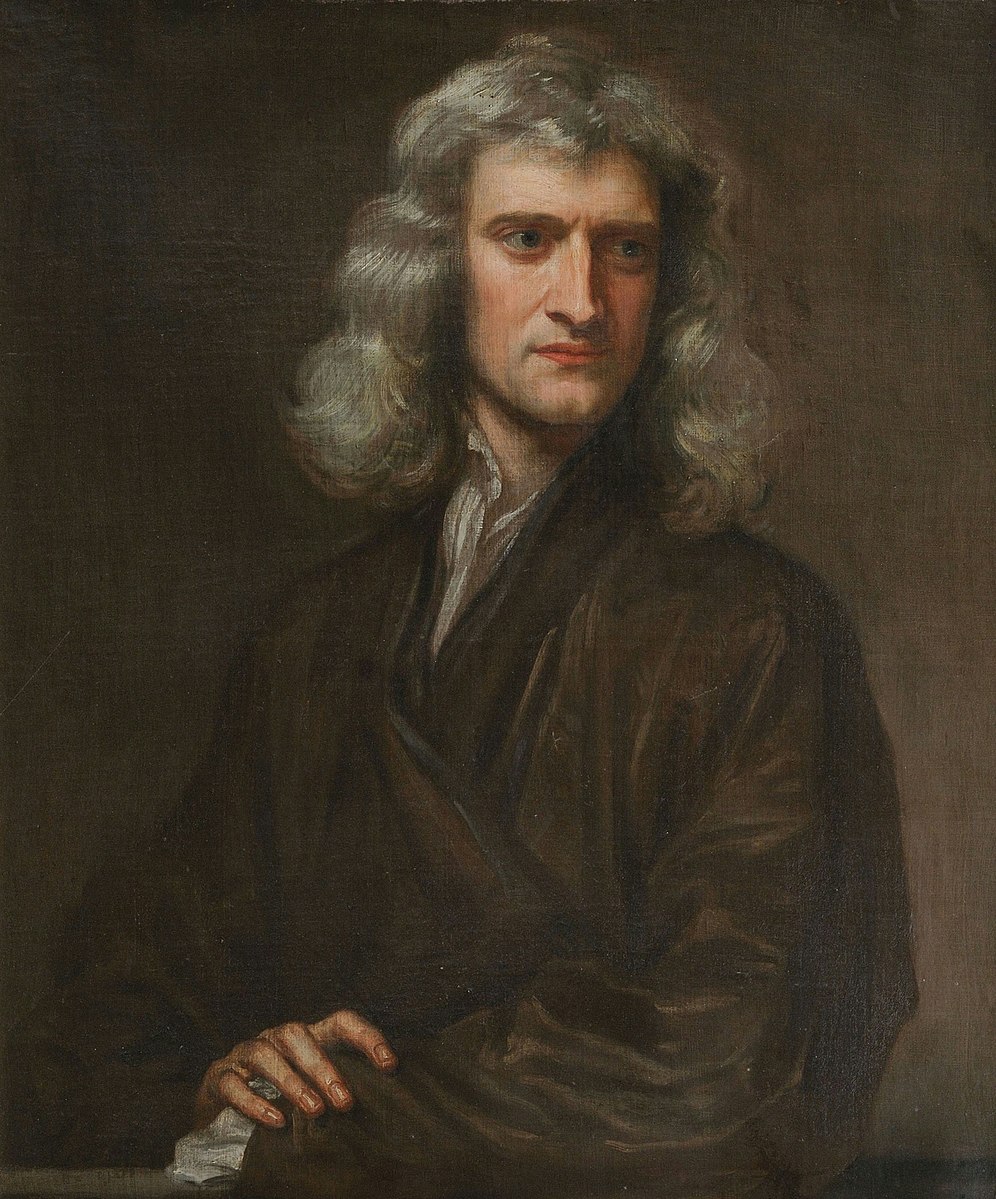
From: England
Isaac Newton is known for his important contributions to physics and mathematics, which changed how we understand the world. He created the laws of motion and universal gravitation, which explain how objects move on Earth and in space, forming the basis for classical mechanics. In his famous book Principia Mathematica, Newton not only transformed science but also became one of history’s greatest mathematicians by introducing calculus, a tool used to analyze change. He also made important discoveries in optics by studying light and color, showing his impact on many areas of science. Today, Newton’s discoveries and ideas continue to shape physics and mathematics, solidifying his place as one of the most famous historical figures in the world of science.
Learn more: Isaac Newton at Britannica Encyclopedia
Ludwig van Beethoven (1770–1827)

From: Germany
Ludwig van Beethoven, one of the most influential composers and famous historical figures in classical music, bridged the Classical and Romantic eras with his powerful and emotionally rich compositions. He transformed the symphony, sonata, and string quartet, pushing musical boundaries in ways that still resonate today. Even after losing his hearing, Beethoven continued to create some of his greatest works. One includes the famous Ninth Symphony with its unforgettable “Ode to Joy.” His music, known for its dramatic contrasts and emotional depth, continues to inspire and captivate listeners worldwide.
Learn more: Ludwig van Beethoven at Britannica Encyclopedia
George Washington (1732–1799)

From: United States
George Washington, often called the “Father of His Country,” was the first president of the United States and one of its most influential Founding Fathers and famous historical figures. As the commander-in-chief of the Continental Army during the American Revolutionary War, he played a pivotal role leading the colonies to victory against British rule. Washington played a crucial role in creating and approving the U.S. Constitution. He also established important traditions for the presidency, like the peaceful transfer of power. Washington’s commitment to democratic principles, his refusal to accept monarchical power, and his dedication to a fledgling nation helped shape the United States into a republic built on freedom and governance by the people.
Learn more: George Washington at Britannica Encyclopedia
Charles Darwin (1809–1882)
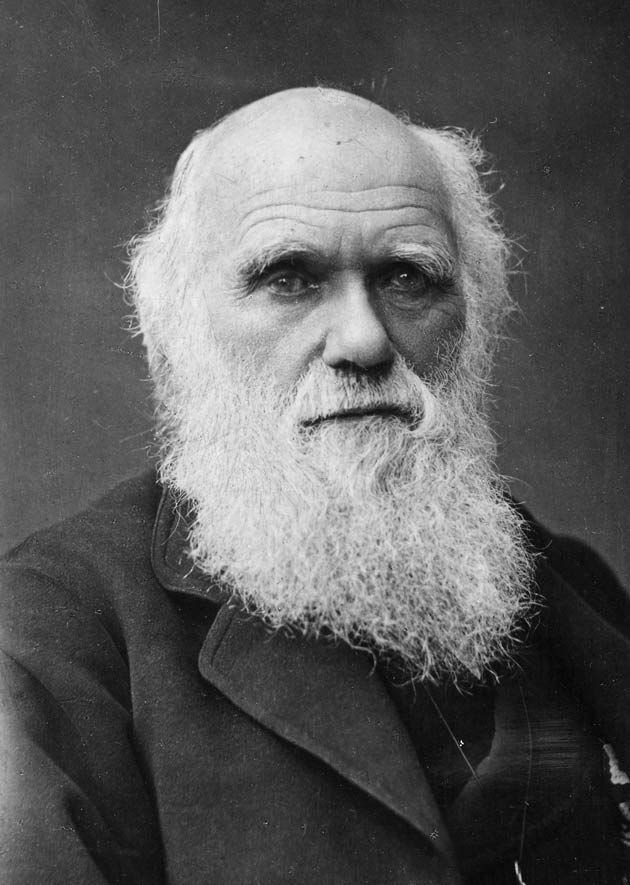
From: United Kingdom
Charles Darwin was a British naturalist who changed how we understand life on Earth through his theory of evolution by natural selection. His ideas showed how species adapt and evolve over time. Darwin’s observations during his voyage on the HMS Beagle led to his book On the Origin of Species, which challenged many beliefs and sparked ongoing debates. By highlighting the connection between all living things, Darwin’s work has had a lasting impact on biology and our understanding of the natural world.
Learn more: Charles Darwin at Britannica Encyclopedia
Abraham Lincoln (1809–1865)
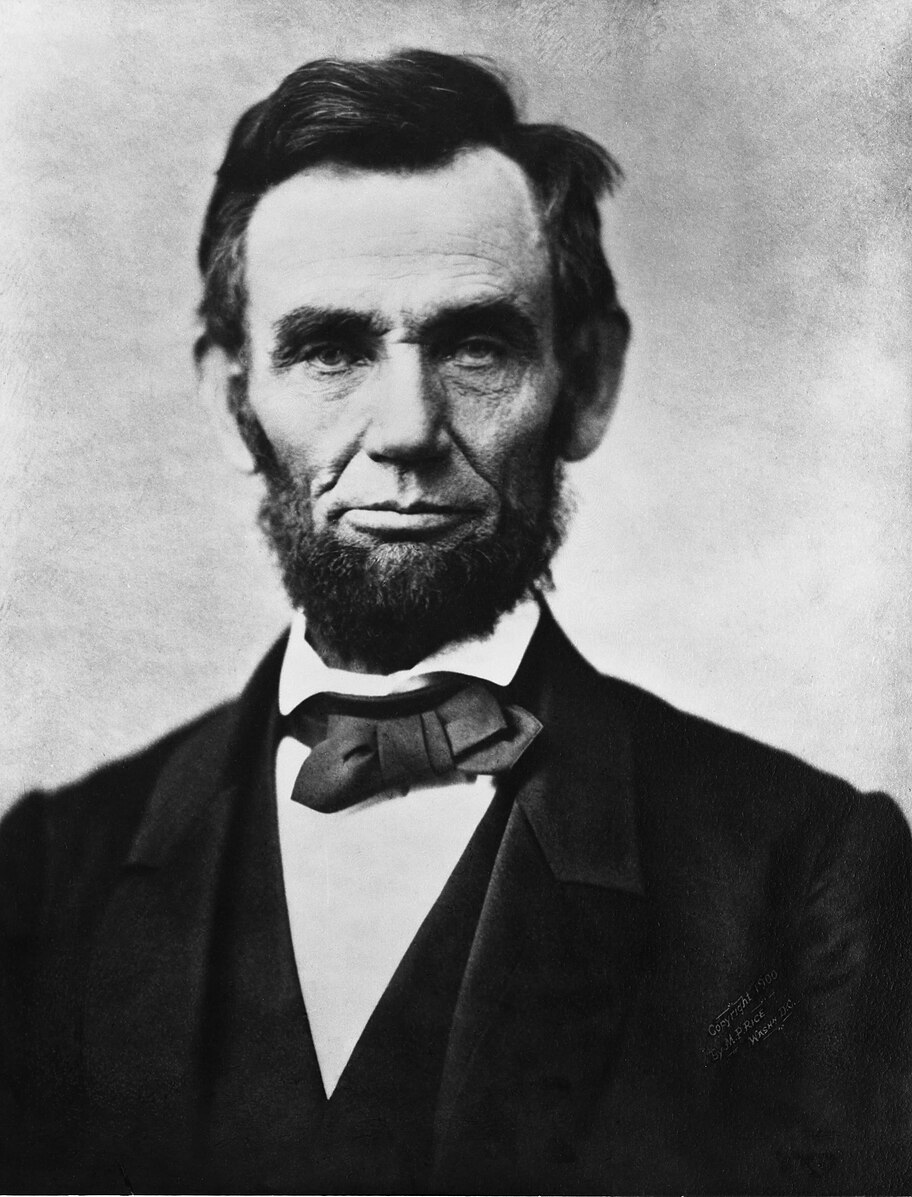
From: United States
Abraham Lincoln, the 16th president of the United States, is one of the most revered leaders in American history. Rising from humble beginnings, he navigated the country through its darkest period, the Civil War, preserving the Union at a time when it was on the brink of collapse. Lincoln is best known for his decisive actions to end slavery, most notably through the Emancipation Proclamation. This famously declared the freedom of millions of enslaved people. His leadership, eloquence, and commitment to equality transformed the nation, laying the groundwork for civil rights advancements. Assassinated in 1865, Lincoln’s legacy as a champion of freedom and democracy continues to endure. This makes him one of the most famous historical figures in the story of the United States.
Learn more: Abraham Lincoln at Britannica Encyclopedia
Mahatma Gandhi (1869–1948)
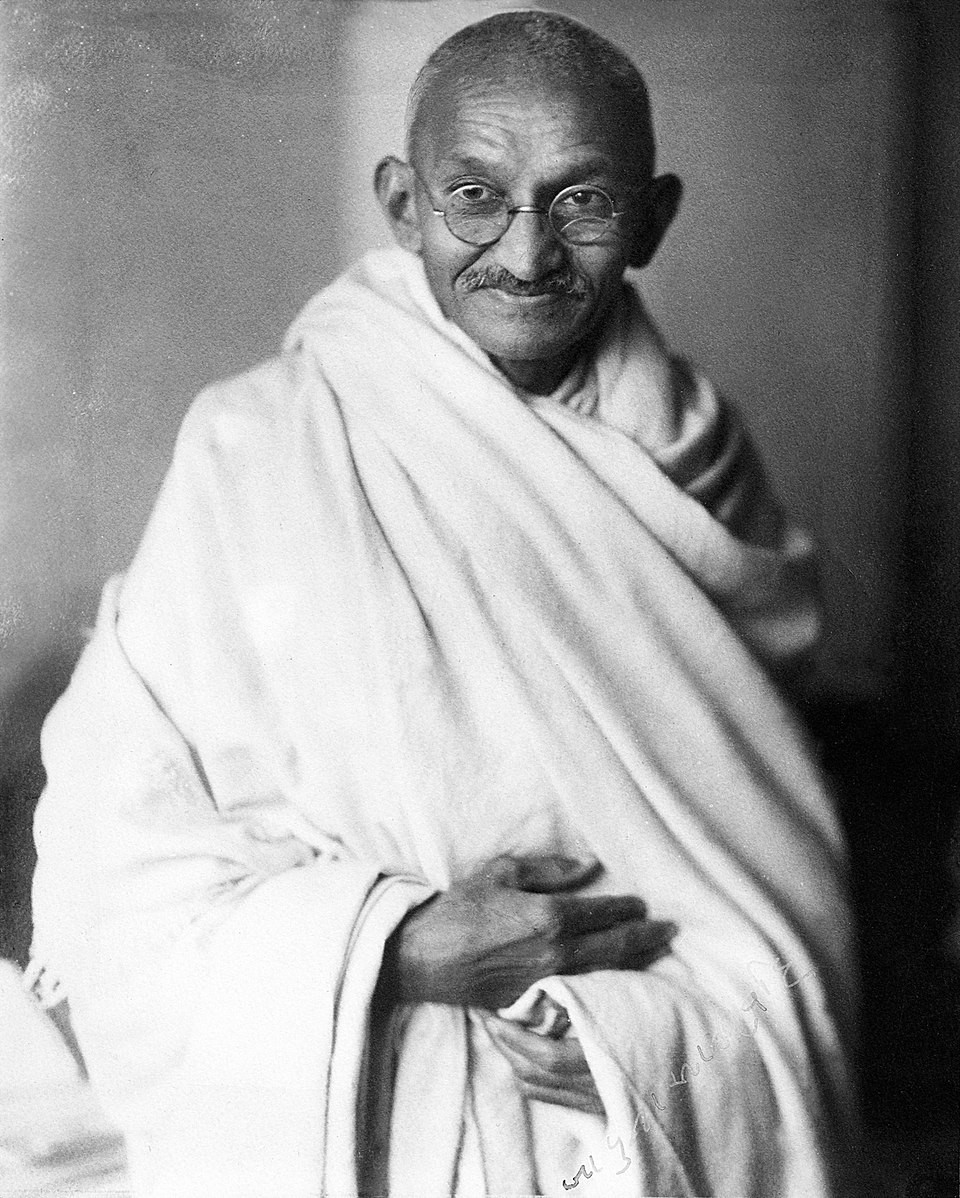
From: India
Gandhi was the leader of the Indian independence movement, guiding India’s fight against British colonial rule. His approach of nonviolent resistance inspired millions and became a powerful force for change. Through his commitment to peaceful protest, he demonstrated that social and political change can be achieved without violence. His life’s work embodies the idea that one person’s dedication to a cause can spark monumental change. Gandhi’s legacy continues to inspire activists today, making him among the famous historical figures who have shaped our world.
Learn more: Mahatma Gandhi at Britannica Encyclopedia
Albert Einstein (1879–1955)

From: Germany/United States
Albert Einstein, one of the most famous scientists in history, is known for his revolutionary contributions to physics. Best known for his theory of relativity, he changed our understanding of space, time, and gravity. His iconic equation, E=mc², revealed the relationship between mass and energy. This equation continues paving the way for advancements in nuclear physics and energy. Beyond his scientific achievements, Einstein was an advocate for peace and civil rights, using his platform to speak out against discrimination. His genius and commitment to humanity continue to inspire people, making him a legendary figure in both science and social justice.
Learn more: Albert Einstein at Britannica Encyclopedia
Marie Curie (1867–1934)
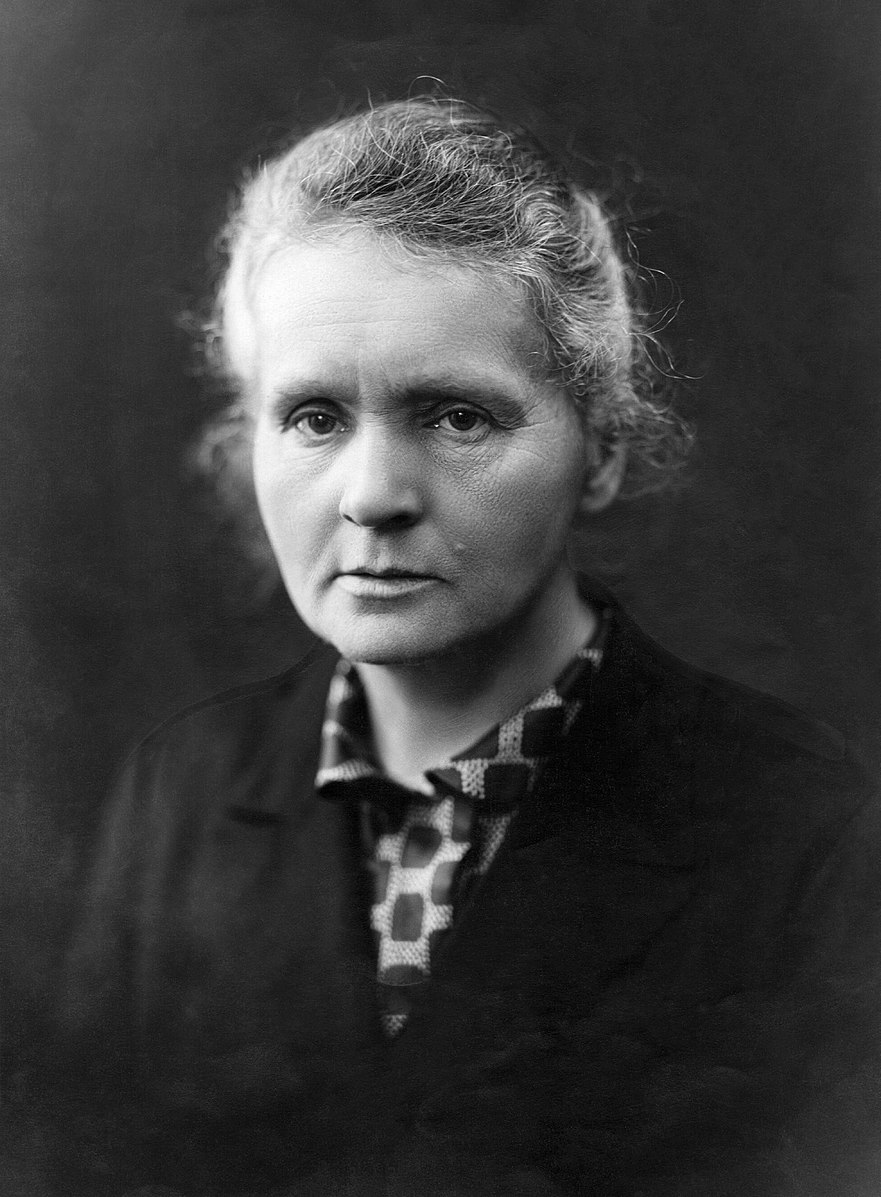
From: Poland/France
Marie Curie was a talented physicist and chemist known for her significant contributions to science, especially in a field dominated by men. She made history as the first woman to win a Nobel Prize. She remains the only person ever to receive Nobel Prizes in two different scientific fields: physics and chemistry. Curie’s pioneering research on radioactivity transformed our understanding of atomic structure and led to major medical advances, including radiation therapy for cancer. Her passion for science and determination have inspired countless people, especially women, to pursue careers in STEM. Her story continues to motivate others to break barriers and follow their dreams.
Learn more: Marie Curie at Britannica Encyclopedia
Amelia Earhart (1897–1937)
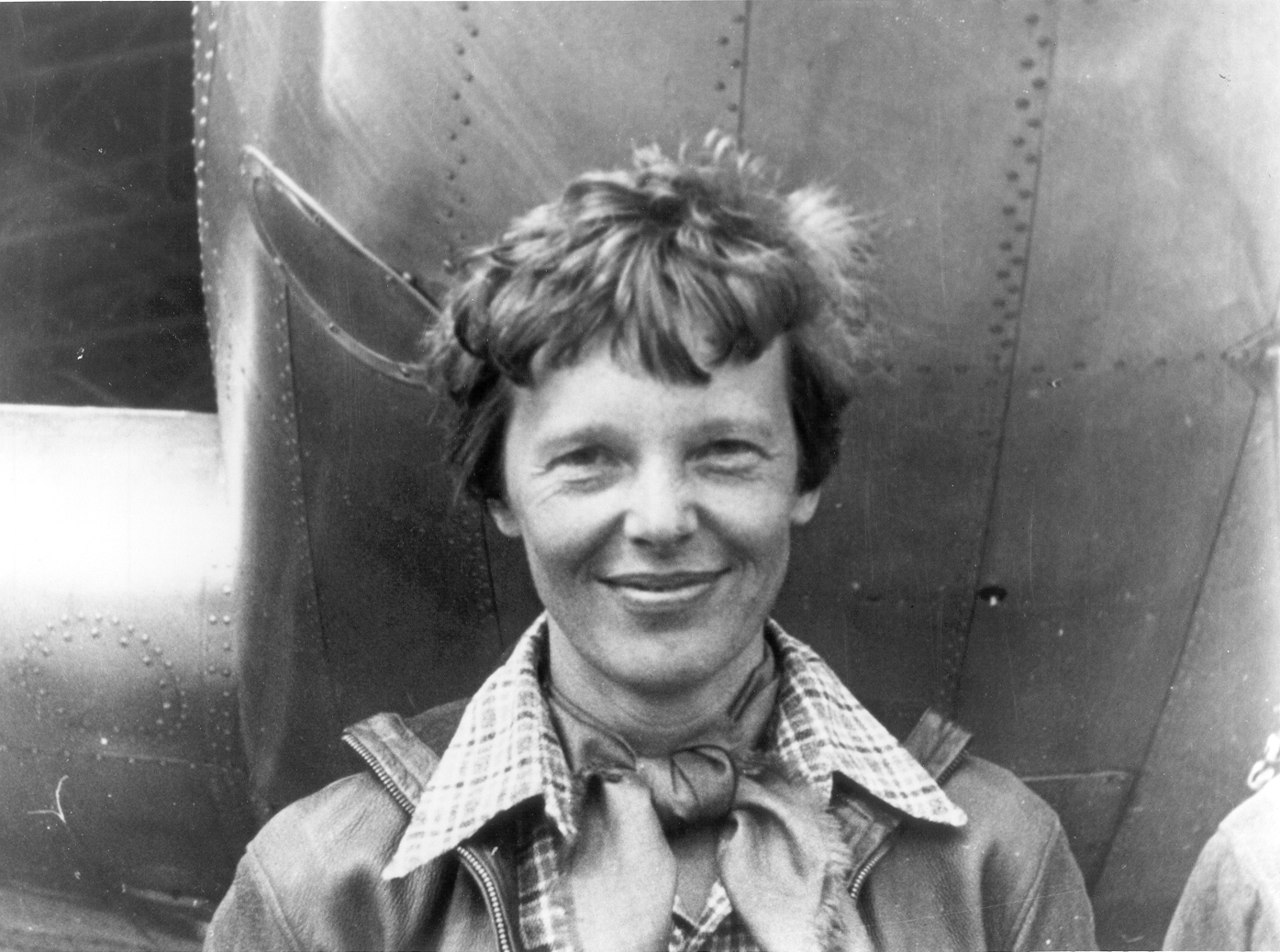
From: United States
Amelia Earhart is recognized as a daring aviator who broke barriers. As the first woman to fly solo across the Atlantic Ocean, she proved women could excel in a field dominated by men. Her remarkable achievements didn’t stop there as she set numerous records. One was being the first person to fly solo from Hawaii to California. Earhart’s fearless spirit and love for adventure motivated many women to pursue their ambitions, encouraging them to defy societal expectations. Sadly, she mysteriously disappeared in 1937 while attempting to circumnavigate the globe. However, her legacy as a pioneering figure in aviation continues to inspire future generations to chase their dreams.
Learn more: Amelia Earhart at Britannica Encyclopedia
Frida Kahlo (1907–1954)
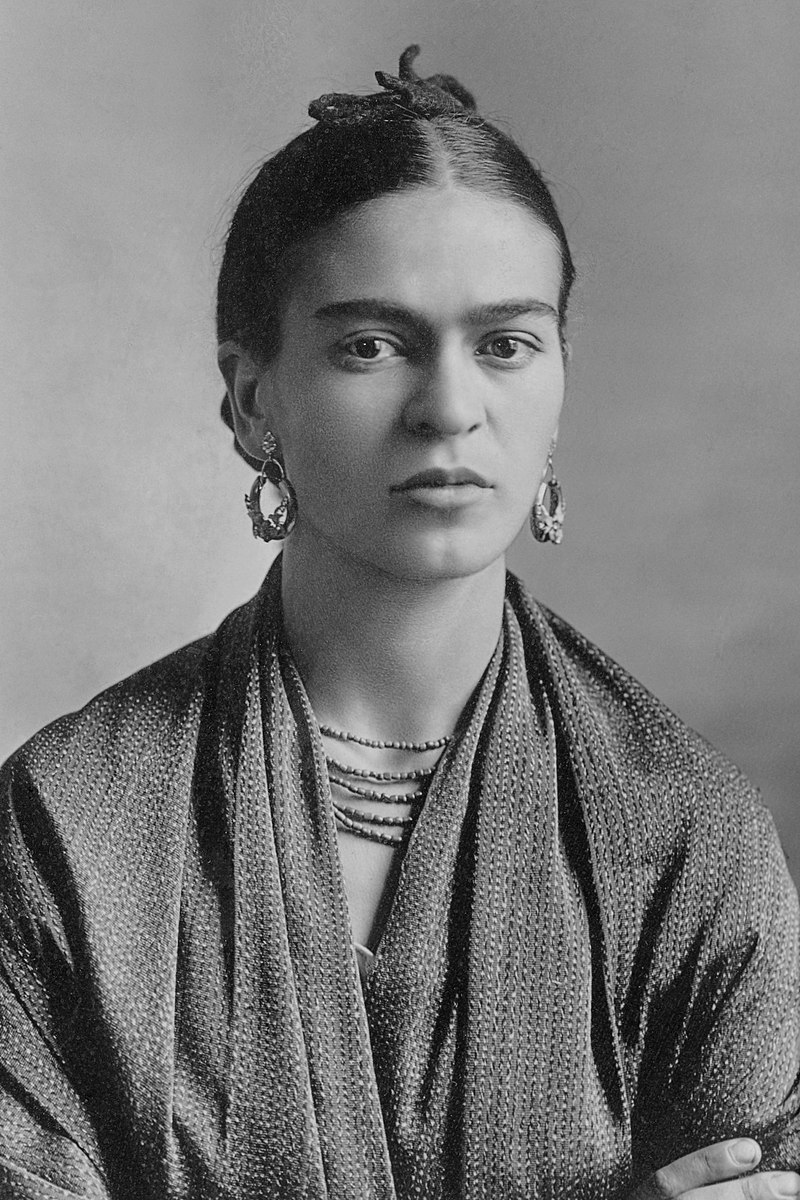
From: Mexico
Frida Kahlo was a Mexican painter known for her striking and colorful self-portraits that look at themes of identity, the human body, and mortality. Her unique style draws heavily from her personal experiences, including her health struggles and rocky relationships. Each canvas serves as a window into her soul, blending vivid colors and powerful imagery. These skills convey not just her journey but also broader societal issues, such as gender and class. Kahlo’s fearless exploration of her own pain and identity has made her an enduring symbol of resilience and self-expression. Her influence reaches far beyond the art world, inspiring artists to embrace their own stories and advocate for change. This is why she is recognized as one of the most remarkable and famous historical figures in history.
Learn more: Frida Kahlo at Britannica Encyclopedia
Mother Teresa (1910–1997)
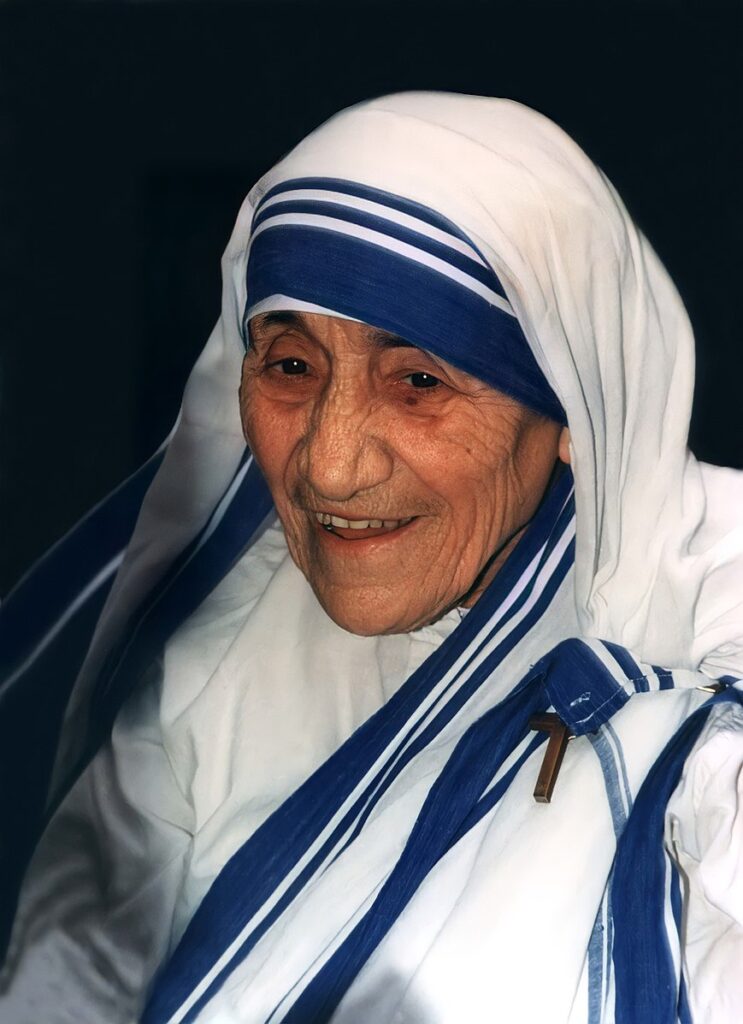
From: Albania/India
Mother Teresa, originally from Albania and later working in India, was a Roman Catholic nun and missionary who dedicated her life to helping the poorest of the poor in the slums of Calcutta. Known for her compassion and selfless service, she founded the Missionaries of Charity, an organization that grew to operate orphanages, hospices, and charity centers worldwide. Her unwavering commitment to alleviating the suffering of the sick and destitute earned her global recognition. She even won the Nobel Peace Prize in 1979. Despite facing criticism and challenges, Mother Teresa remained a steadfast symbol of kindness, humility, and devotion.
Learn more: Mother Teresa at Britannica Encyclopedia
Nelson Mandela (1918–2013)
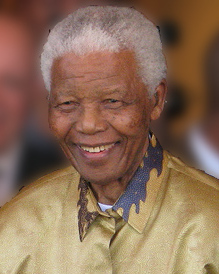
From: South Africa
As a key figure in the fight against apartheid, Nelson Mandela dedicated his life to ending racial segregation in South Africa. His commitment to justice led to his imprisonment for 27 years, during which he became a symbol of resistance. Upon his release, Mandela played a pivotal role in dismantling apartheid and fostering reconciliation in a deeply divided nation. In 1994, he made history as the first Black president of South Africa, emphasizing the importance of unity and human rights. Mandela’s legacy extends beyond his country; he has become a global icon for peace, justice, and equality. He has inspired countless movements worldwide. His commitment to freedom and strong belief in the importance of dialogue highlight why he is such a significant historical figure. Mandela’s story is a powerful reminder that one individual can make a difference in the ongoing struggle for social justice.
Learn more: Nelson Mandela at Britannica Encyclopedia
Rosa Parks (1913–2005)
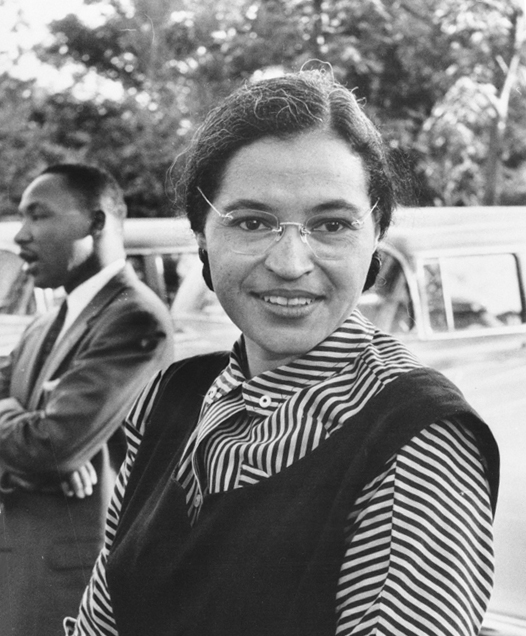
From: United States
Often referred to as the “Mother of the Civil Rights Movement,” Rosa Parks took a courageous stand against racial segregation. On December 1, 1955, she made history when she refused to give up her seat to a white passenger on a bus in Montgomery, Alabama. This act of defiance sparked the Montgomery Bus Boycott, a pivotal protest that lasted over a year and helped to energize the fight for civil rights in the United States. Parks’ bravery inspired countless others to join the movement, highlighting the importance of standing up for justice and equality. Her actions that day continue to influence social justice efforts today, making her a very important figure in American history.
Learn more: Rosa Parks at Britannica Encyclopedia
Anne Frank (1929–1945)
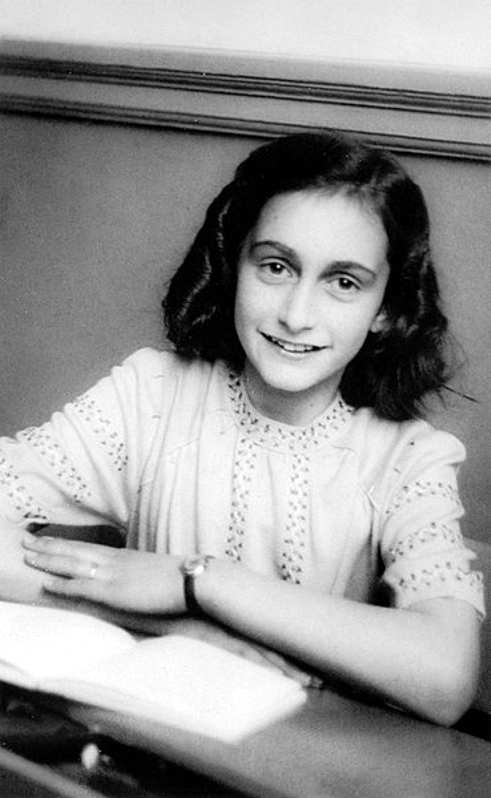
From: Germany/Netherlands
Anne Frank was a Jewish girl whose diary offers a poignant and powerful glimpse into the life of a young girl during the Holocaust. Hiding from the Nazis in Amsterdam with her family, she documented her daily struggles, fears, and hopes while facing the harsh realities of war. Her diary, published after her death as The Diary of a Young Girl, has touched millions worldwide, showcasing themes of resilience, courage, and indomitable human spirit. Anne’s writing reflects her keen observations of the world around her and her aspirations for a better future. Today, she serves as a symbol of the importance of tolerance and understanding, reminding us of the consequences of hatred and prejudice.
Learn more: Anne Frank at Britannica Encyclopedia
Martin Luther King Jr. (1929–1968)
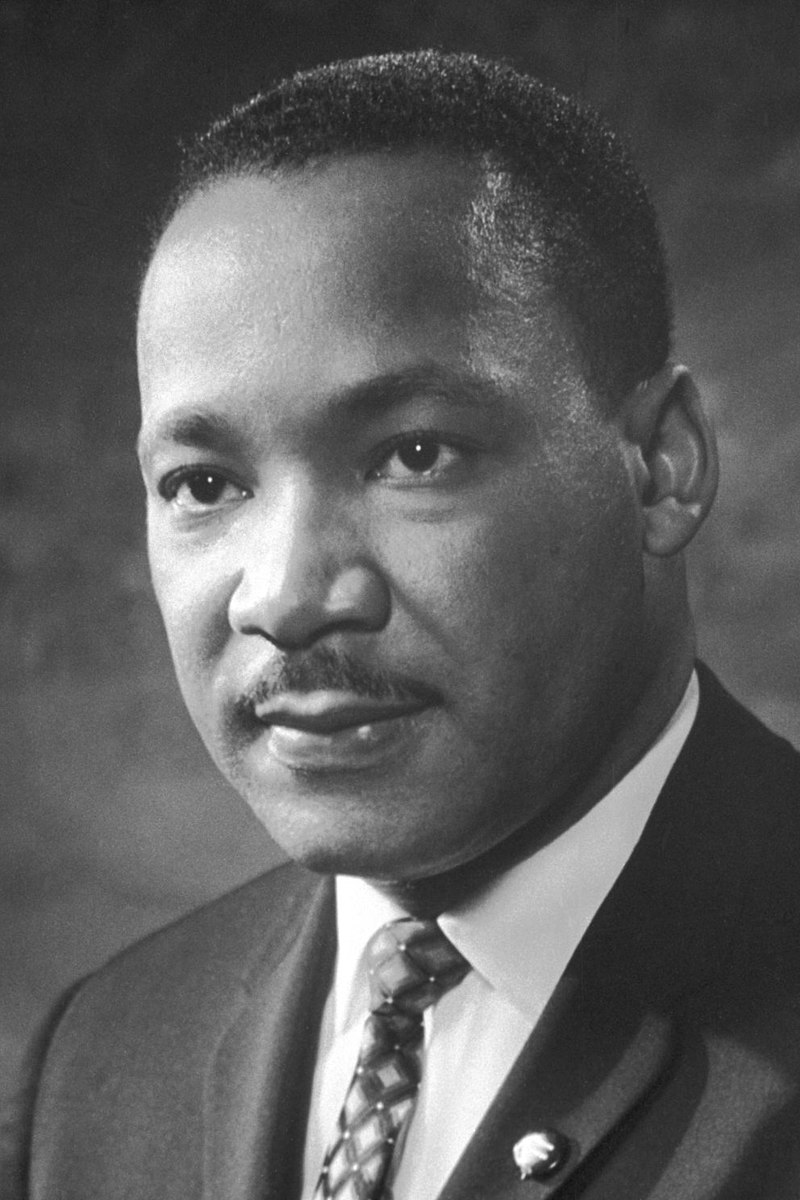
From: United States
As a pivotal leader in the American Civil Rights Movement, Martin Luther King Jr. is best known for his unwavering commitment to achieving racial equality through non-violent protest. His approach emphasized peaceful demonstrations, community organizing, and legal challenges to combat the systemic racism that plagued the United States. King’s iconic “I Have a Dream” speech, delivered during the 1963 March on Washington, remains one of the most powerful calls for justice and equality in history, inspiring countless individuals to join the struggle for civil rights. His efforts played a crucial role in the passage of significant legislation, including the Civil Rights Act of 1964 and the Voting Rights Act of 1965. Despite facing immense opposition and paying the ultimate price for his activism, his legacy lives on.
Learn more: Martin Luther King Jr. at Britannica Encyclopedia
Maya Angelou (1928–2014)
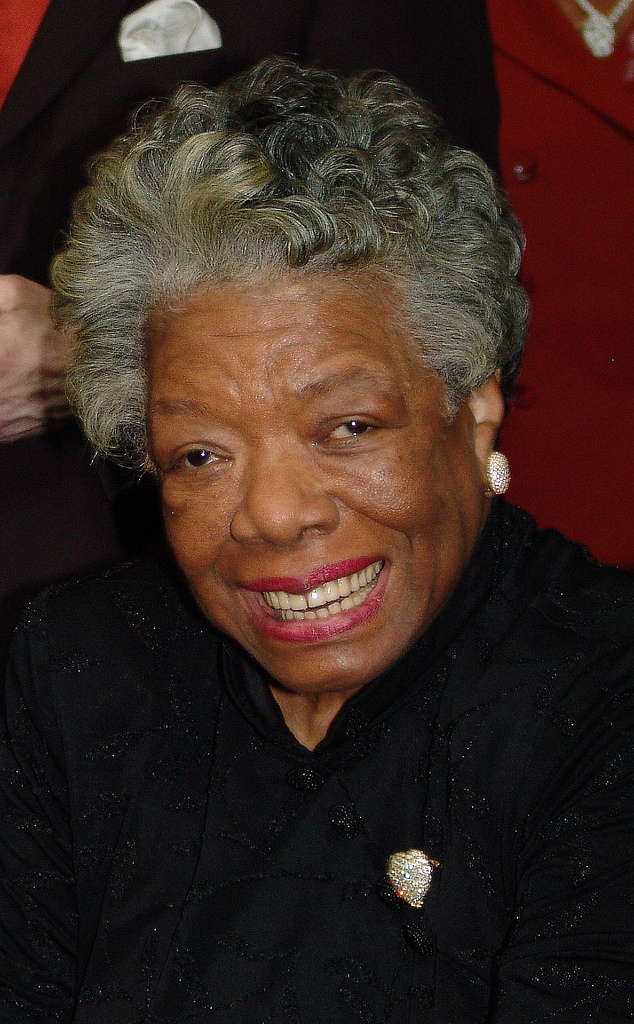
From: United States
Maya Angelou was a celebrated American poet, memoirist, and actress whose powerful words have left a lasting impact on literature and social justice. Best known for her autobiographical series, including the iconic I Know Why the Caged Bird Sings, Angelou’s works delve deeply into themes of racial, economic, and sexual oppression, drawing from her own experiences to shed light on the struggles faced by marginalized communities. Her writing style, rich with vivid imagery and profound insight, captures the complexities of the human spirit and the resilience needed to overcome adversity. Angelou’s influence extended beyond her books—she was a civil rights activist who worked alongside figures like Martin Luther King Jr. She is remembered as an advocate for equality, empowerment, and hope whose legacy continues to inspire people to fight for justice and a better world.
Learn more: Maya Angelou at Britannica Encyclopedia
Ruth Bader Ginsburg (1933–2020)
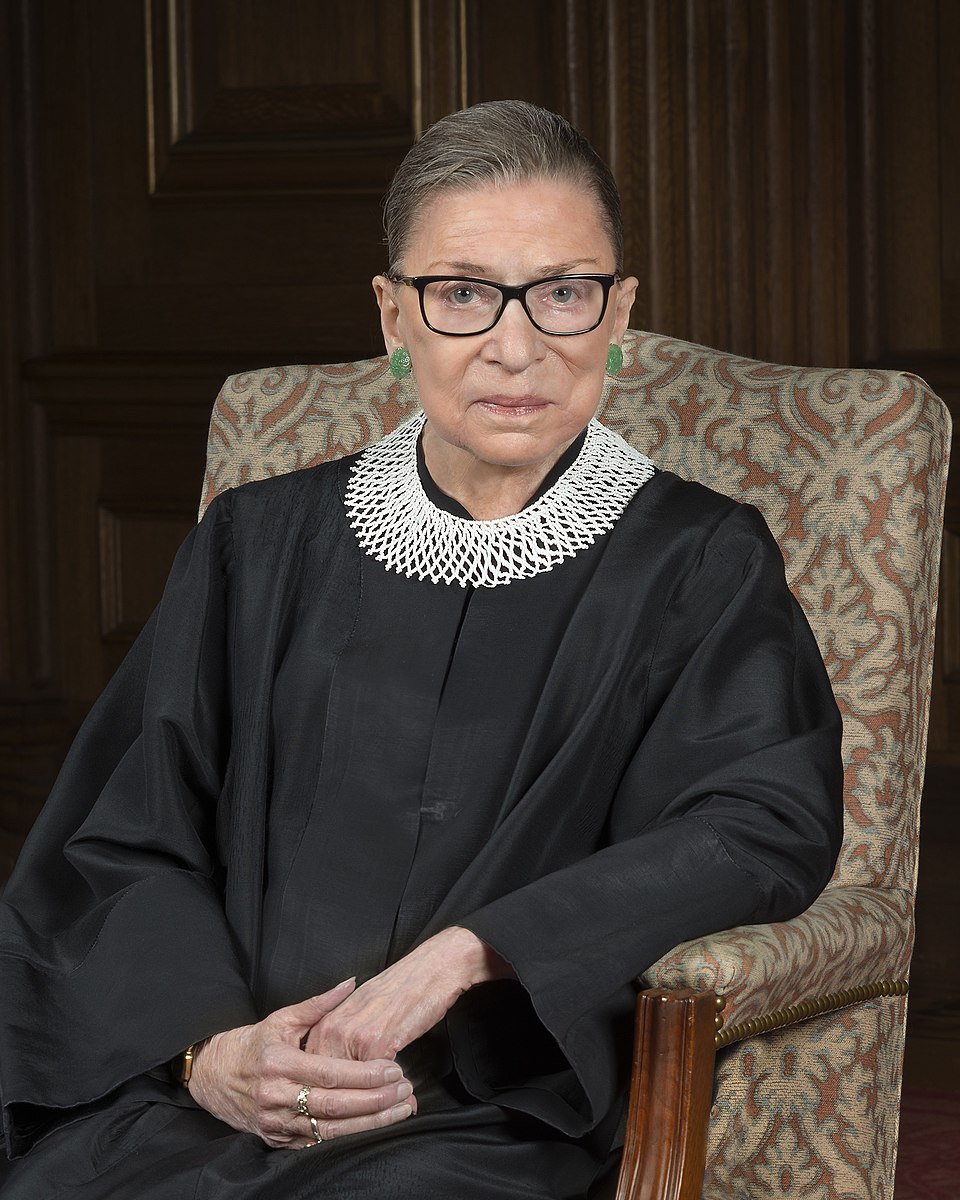
From: United States
Ruth Bader Ginsburg made history as the first Jewish woman appointed to the Supreme Court of the United States, breaking barriers in a predominantly male institution. Throughout her career, she was a fierce advocate for gender equality and civil rights, playing a crucial role in shaping significant legal precedents. Ginsburg’s influence extended across a range of landmark rulings. Some include the Affordable Care Act and the legalization of same-sex marriage, reflecting her commitment to justice and equality for all. Known for her sharp legal mind and unwavering determination, she became an iconic figure in American history, inspiring countless individuals to continue the fight for civil rights. Ginsburg’s legacy endures as a testament to the power of perseverance and the importance of standing up for what is right.
Learn more: Ruth Bader Ginsburg at Britannica Encyclopedia
Jane Goodall (b. 1934)
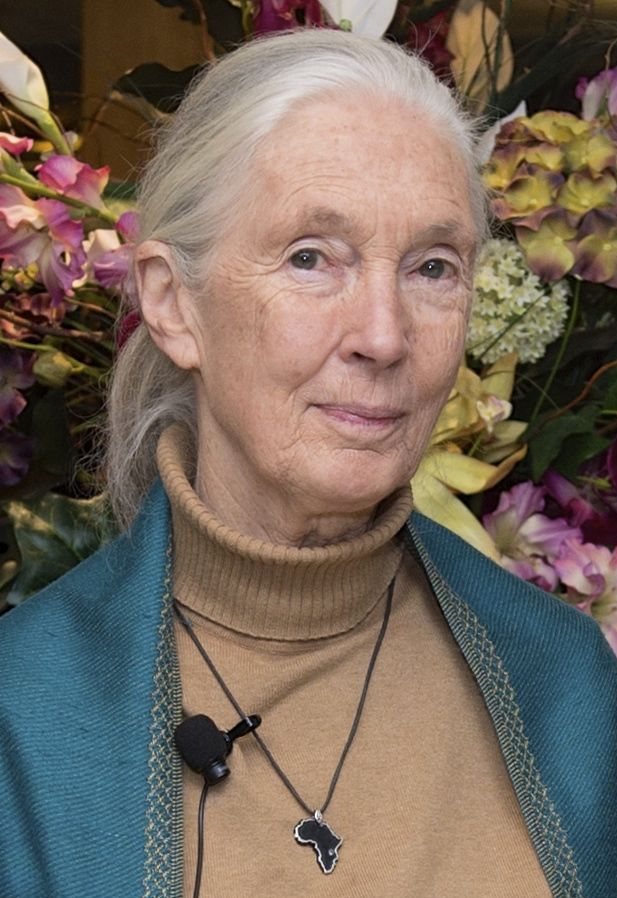
From: England
Jane Goodall is a scientist known for her in-depth research on chimpanzees at Gombe Stream National Park in Tanzania, where she studied their behavior. Her long-term studies began in the early 1960s, revealing complex social behaviors, tool use, and emotional connections within chimpanzee communities. Goodall’s work challenged perceptions of animals, highlighting their intelligence and capacity for empathy, which shifted the way we view wildlife. Beyond her research, she has dedicated her life to animal conservation and welfare, including founding the Jane Goodall Institute to promote environmental stewardship and education. Goodall’s legacy inspires countless individuals to advocate for animal rights and conservation. This has made her one of the most influential and famous historical figures in the field of primatology and a symbol of hope for our planet.
Learn more: Jane Goodall at Britannica Encyclopedia
Malala Yousafzai (b. 1997)
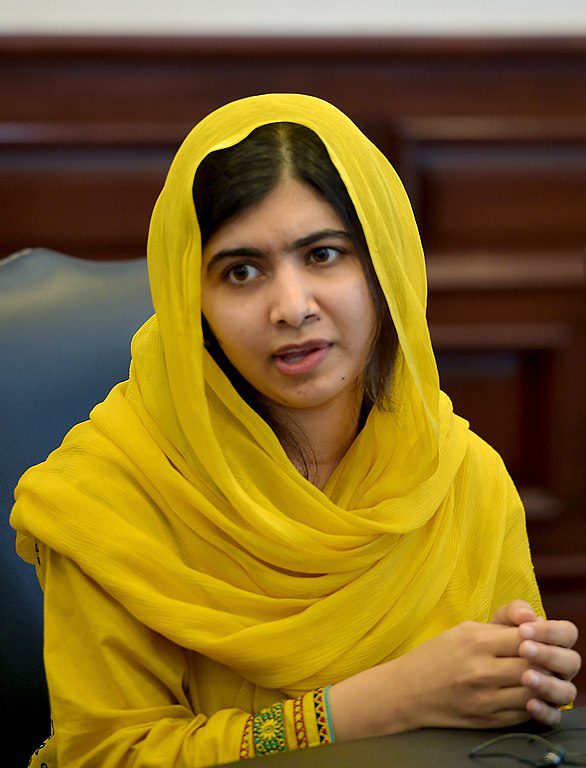
From: Pakistan
Malala Yousafzai is a Pakistani advocate for girls’ education who rose to global prominence after surviving an assassination attempt by the Taliban. Her bravery and determination in the face of adversity have made her a powerful voice for educational rights, especially for girls in regions where access to education is limited. As the youngest-ever Nobel Peace Prize laureate, Malala continues to inspire people to fight for equality and justice. Through her activism and writing, she highlights the transformative power of education and the importance of empowering young girls to pursue their dreams.
Learn more: Malala Yousafzai at Britannica Encyclopedia
Lesser-Known Historical Figures
While many famous historical figures have shaped the world, countless others have made significant contributions but remain less well-known. Here are some lesser-known figures whose stories deserve recognition.
Hypatia (AD 355–415)
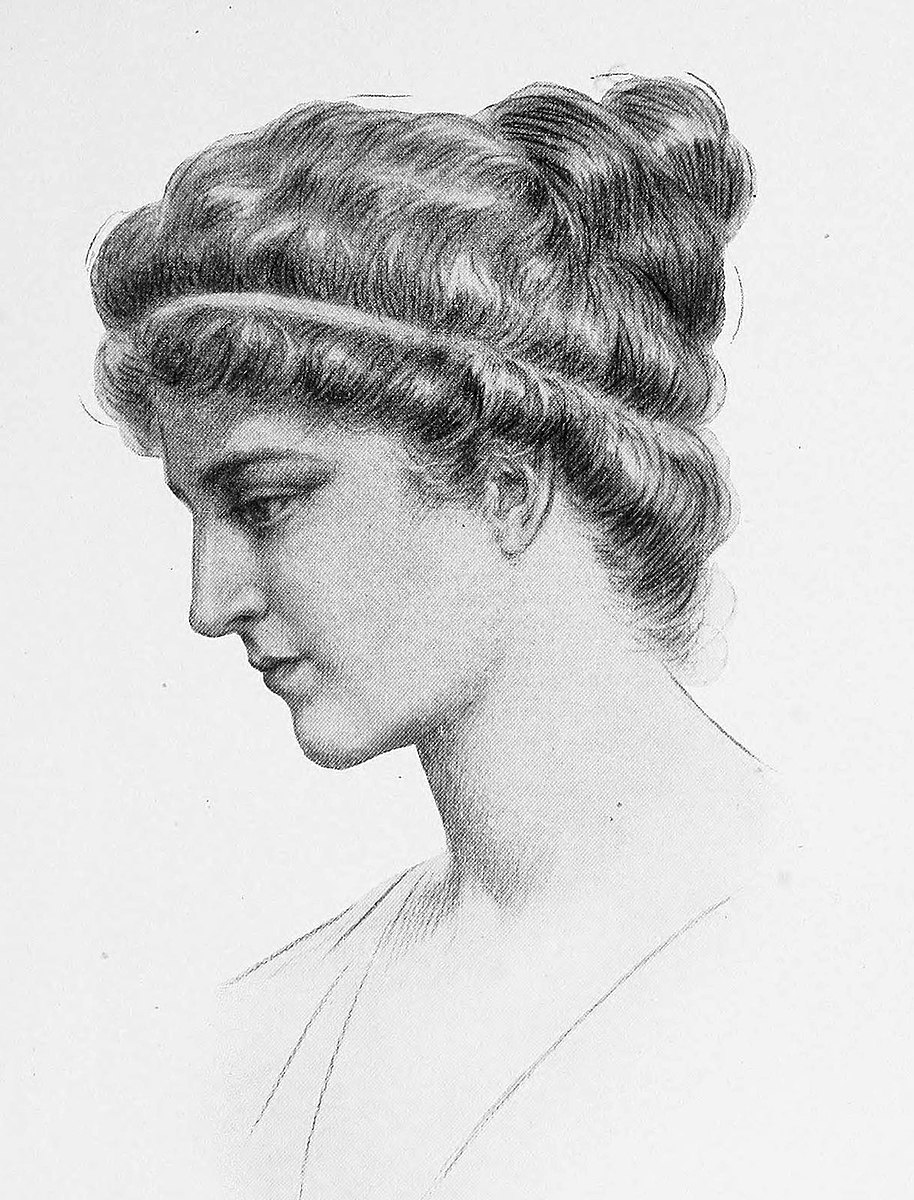
From: Egypt
Hypatia was a pioneering mathematician, astronomer, and philosopher known for her exceptional intellect and contributions to science and philosophy during a time when women were often marginalized in these fields. As the head of the Neoplatonist school in Alexandria, she taught and influenced many students. She promoted critical thinking and the pursuit of knowledge. Hypatia is renowned for her work on mathematics, particularly her contributions to algebra and geometry. Additionally, she made efforts to preserve and comment on the works of earlier philosophers and scientists. Her life came to a tragic end due to political and religious turmoil in Alexandria. However, her legacy as a symbol of learning and intellectual freedom endures.
Learn more: Hypatia at Britannica Encyclopedia
Mansa Musa (1280–1337)
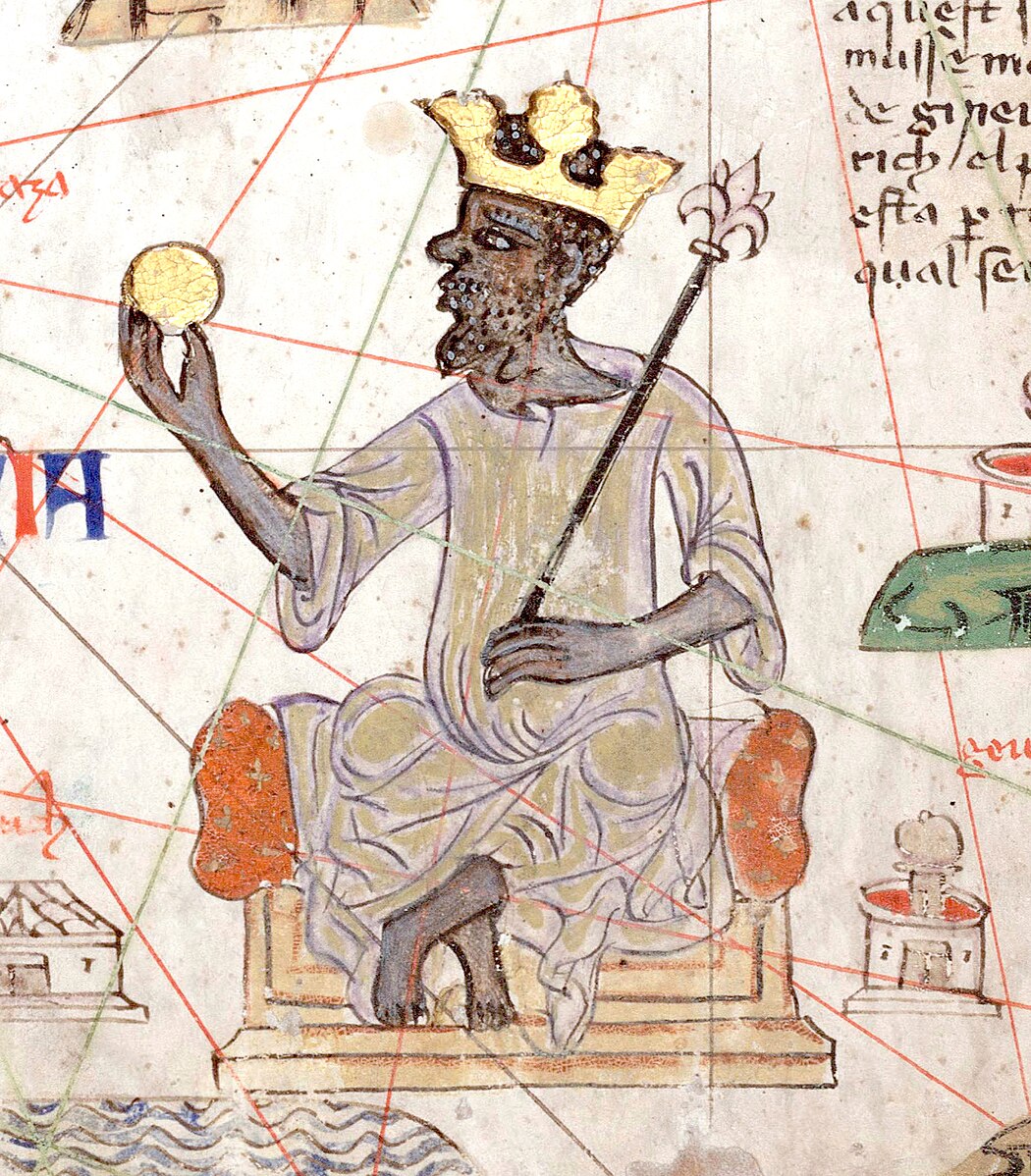
From: Mali
Mansa Musa, the 14th-century emperor of the Mali Empire, is celebrated as one of history’s wealthiest individuals and a significant figure in African history. His reign marked a period of incredible prosperity and cultural flourishing, during which he expanded the empire’s territory and influence across West Africa. Musa is best known for his legendary pilgrimage to Mecca in 1324, during which he reportedly distributed vast amounts of gold, demonstrating his immense wealth and establishing Mali as a center of trade and culture. He also led the development of renowned institutions like the University of Timbuktu, which became a hub of learning and scholarship. Mansa Musa’s legacy endures as a symbol of wealth, cultural richness, and the importance of education in the history of Africa.
Learn more: Mansa Musa at Britannica Encyclopedia
Tecumseh (1768–1813)
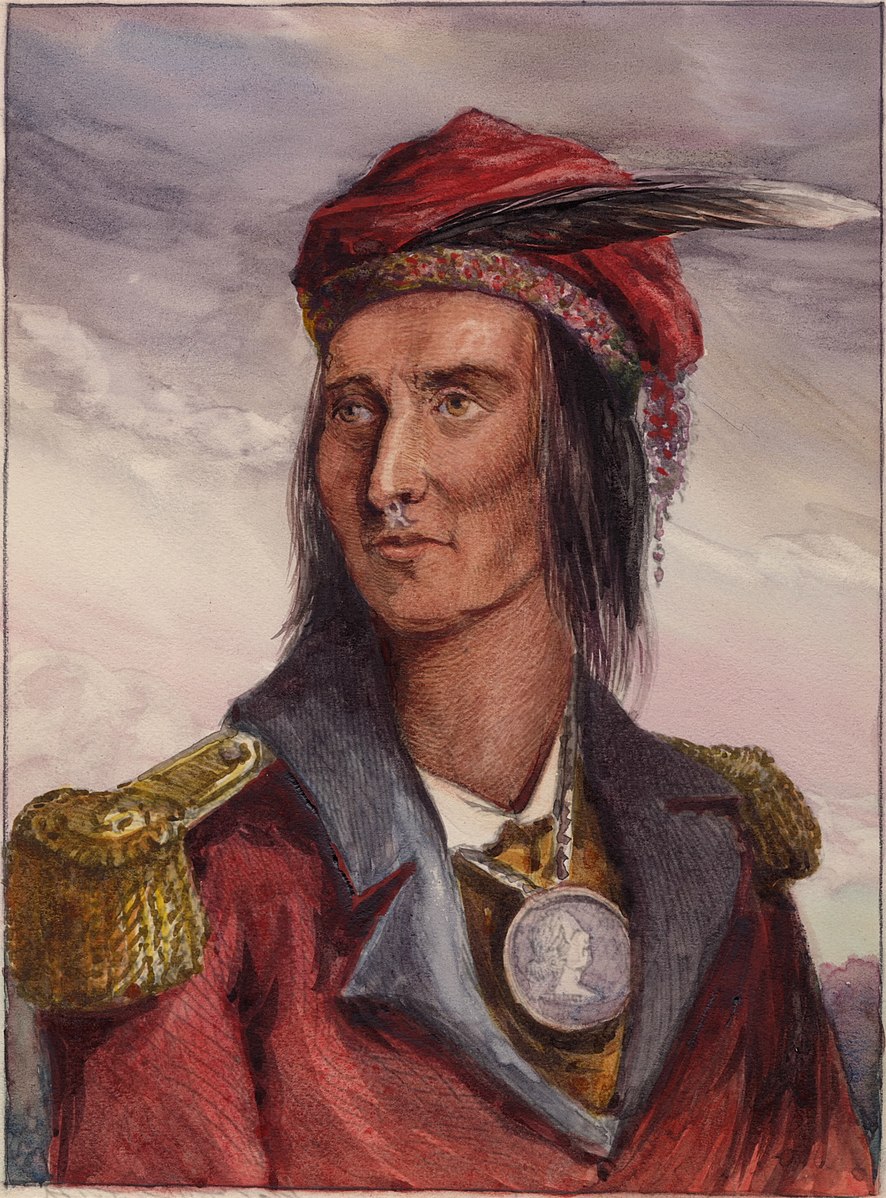
From: United States
Tecumseh was a prominent Native American leader known for his efforts to unite various tribes in the early 19th century to resist the encroachment of European settlers on their lands. Born in present-day Ohio, Tecumseh recognized the need for a unified front to protect Indigenous territories and cultures. He played a crucial role in forming a confederation of tribes, advocating for the rights and sovereignty of Native Americans during a time of increasing pressure from colonization. Tecumseh’s vision extended beyond mere resistance: He aimed to create a separate Native American nation. His leadership during the War of 1812, where he allied with the British against American expansion, further cemented his legacy as a fierce advocate for Indigenous rights.
Learn more: Tecumseh at Britannica Encyclopedia
Mary Anning (1799–1847)
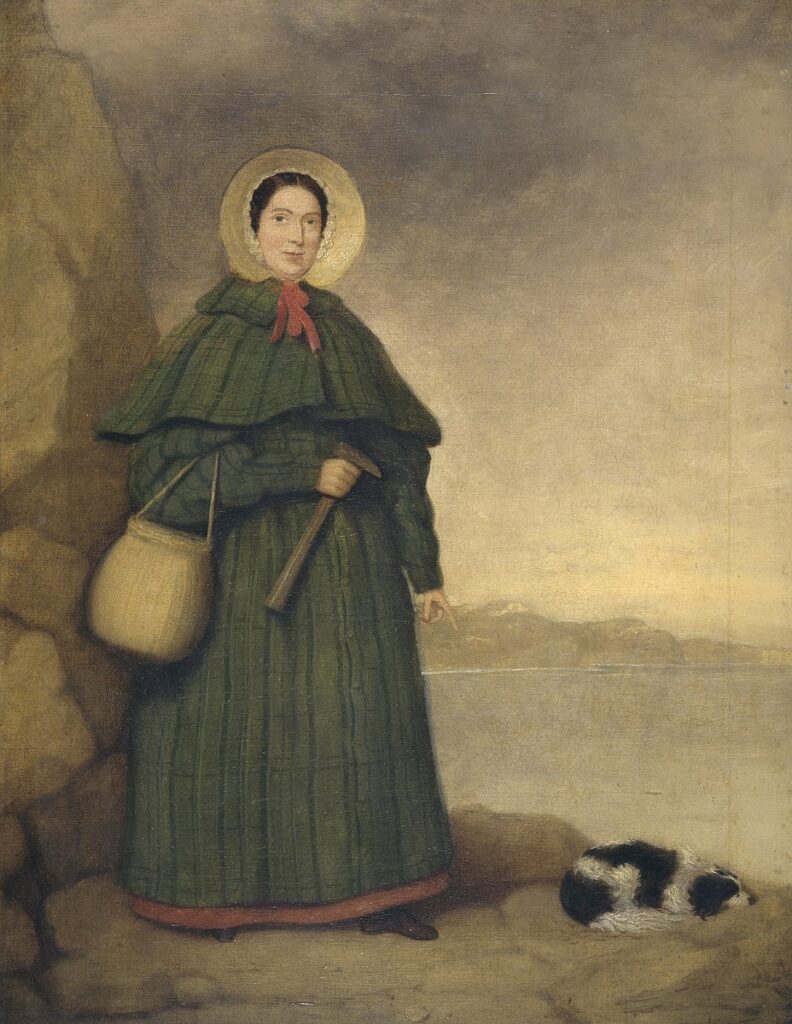
From: United Kingdom
Mary Anning, a self-taught fossil hunter from England, is renowned for her contributions to paleontology, despite facing gender-based barriers in the 19th century. She discovered some of the most important fossils of her time, including the first complete Ichthyosaurus skeleton, which helped shape scientific understanding of prehistoric life. Anning’s work challenged established views on extinction and evolution, though she was largely unrecognized in her lifetime due to her gender and class. Today, she is celebrated as a pioneering figure in the field, making her an inspiring historical figure for both her discoveries and her perseverance.
Learn more: Mary Anning at Britannica Encyclopedia
Louis Braille (1809–1852)
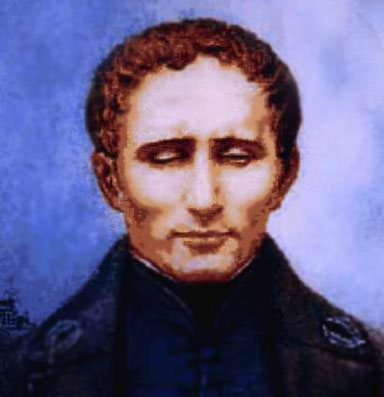
From: France
Louis Braille is known for his revolutionary contribution to the education of the visually impaired through the invention of the Braille system. He lost his eyesight at a young age due to an accident. This experience fueled his determination to improve communication and literacy for those with visual impairments. At just 15 years old, he developed a tactile writing system based on a military code, which allowed users to read and write by feeling raised dots on paper. His innovation transformed the lives of countless individuals, providing them with greater independence and access to education. Although he faced challenges in gaining recognition during his lifetime, Braille’s system was adopted and expanded globally, fundamentally changing how blind and visually impaired individuals interact with the written word.
Learn more: Louis Braille at Britannica Encyclopedia
Ada Lovelace (1815–1852)
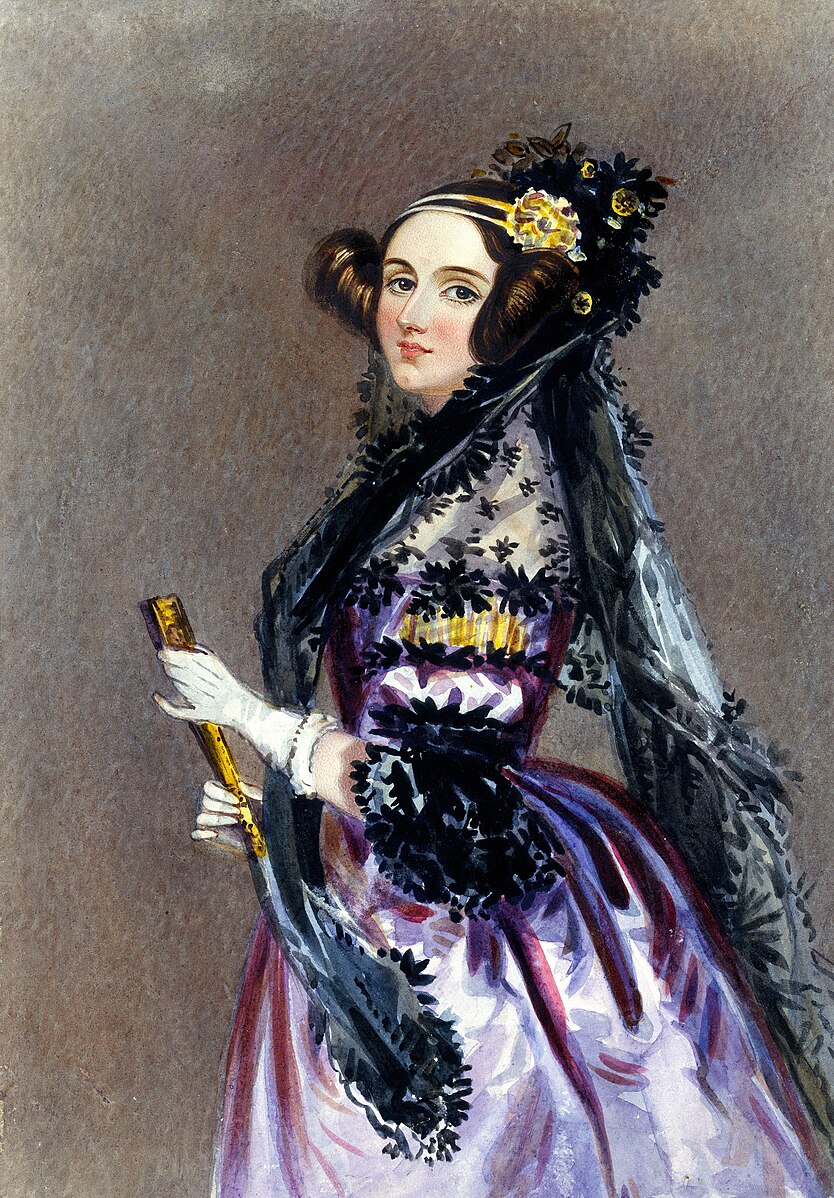
From: United Kingdom
A visionary mathematician and writer, Ada Lovelace is often hailed as the world’s first computer programmer for her groundbreaking work on British inventor and mathematician Charles Babbage’s Analytical Engine, an early mechanical computer. Lovelace was the first to recognize that the machine could be programmed to perform tasks beyond pure calculation, writing what is considered the first algorithm intended for a machine. Her forward-thinking insights laid the foundation for modern computing, long before the digital age, making her a pioneer in the field of computer science and a trailblazer for women in STEM.
Learn more: Ada Lovelace at Britannica Encyclopedia
Florence Nightingale (1820–1910)
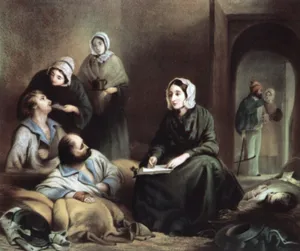
From: Italy
Florence Nightingale is renowned as the founder of modern nursing. Her groundbreaking work during the Crimean War highlighted the critical need for sanitation and proper patient care, leading to drastic reductions in the death rate among soldiers. Nightingale’s meticulous data collection and analysis transformed hospital practices and established evidence-based nursing as a respected profession. Beyond her contributions to medical care, she also championed nursing education, founding the Nightingale School of Nursing in 1860, which set the standard for training nurses worldwide. Her legacy endures, inspiring countless individuals to pursue careers in nursing and healthcare, demonstrating how one person’s dedication can lead to monumental changes.
Learn more: Florence Nightingale at Britannica Encyclopedia
Sitting Bull (1831–1890)
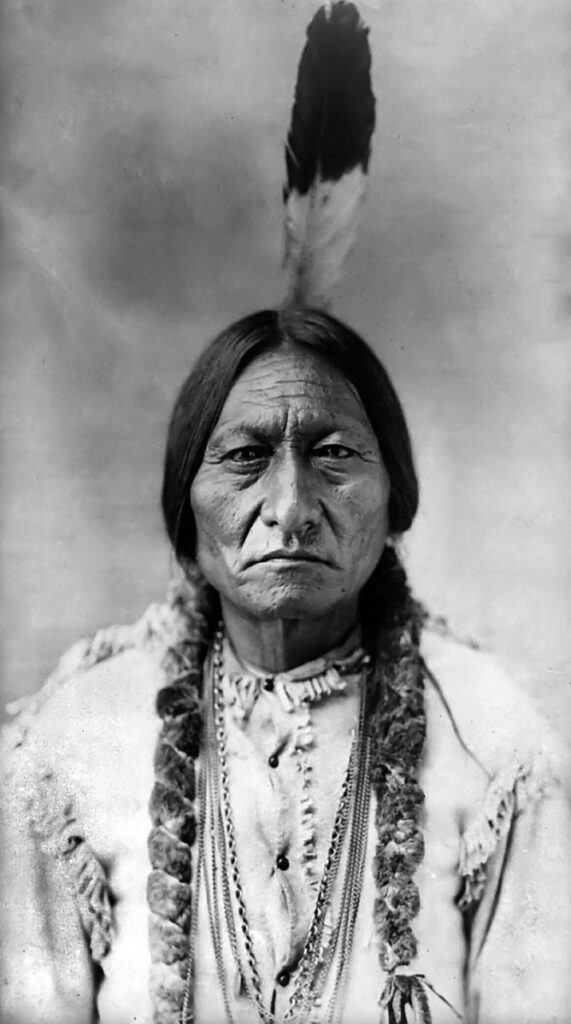
From: United States
Sitting Bull was a respected Lakota Sioux chief and spiritual leader known for his resistance against U.S. government policies and military actions that threatened Native American lands and cultures. His leadership during the Battle of the Little Bighorn in 1876, where combined forces of Native American tribes defeated General Custer, symbolizes the struggle for Indigenous rights and sovereignty. Sitting Bull’s commitment to his people’s way of life and his advocacy for peace negotiations have made him a lasting symbol of Indigenous resistance and resilience. His legacy continues to inspire movements for Indigenous rights today.
Learn more: Sitting Bull at Britannica Encyclopedia
Frédéric Auguste Bartholdi (1834–1904)
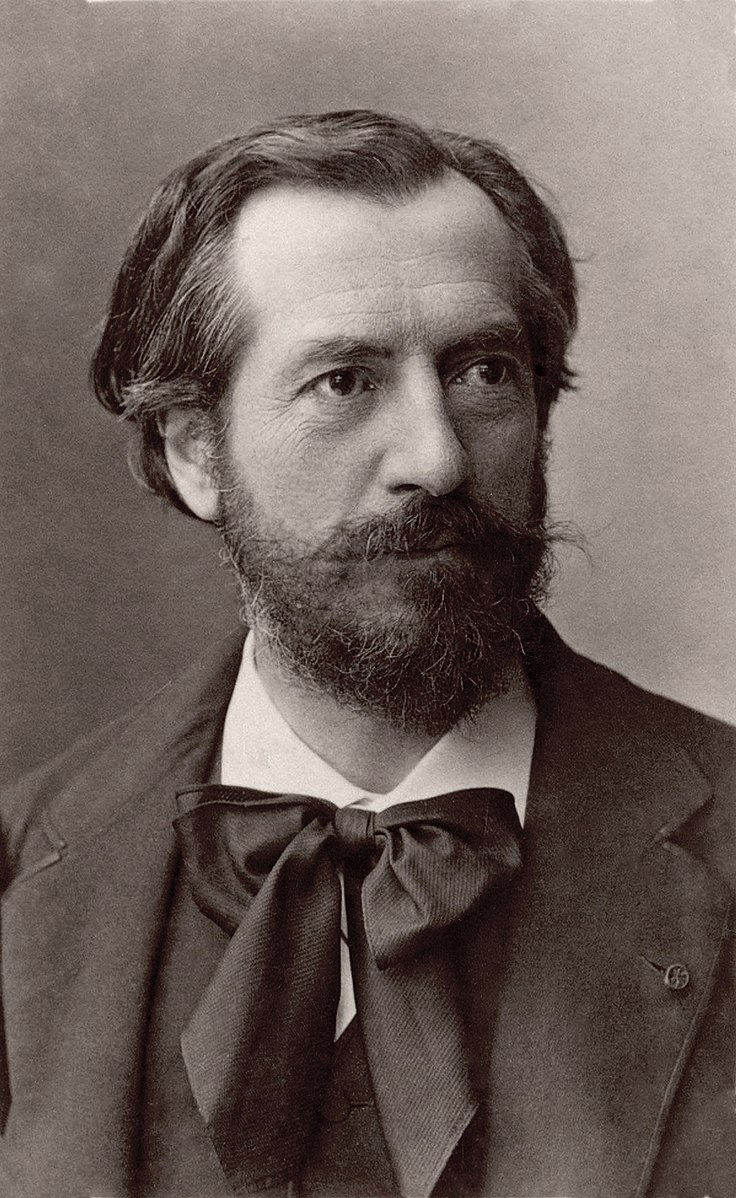
From: France
Frédéric Auguste Bartholdi is best known for designing the Statue of Liberty, one of the world’s most iconic monuments, symbolizing freedom and democracy. This masterpiece, a gift from France to the United States, has welcomed millions of immigrants since its unveiling in 1886. But the Statue of Liberty is just one of Bartholdi’s many brilliant creations. As a prolific sculptor, his other notable works, like the Lion of Belfort, showcase his artistic vision and skill, cementing his legacy as one of history’s great creators and famous historical figures.
Learn more: Frédéric Auguste Bartholdi at Britannica Encyclopedia
James Naismith (1861–1939)
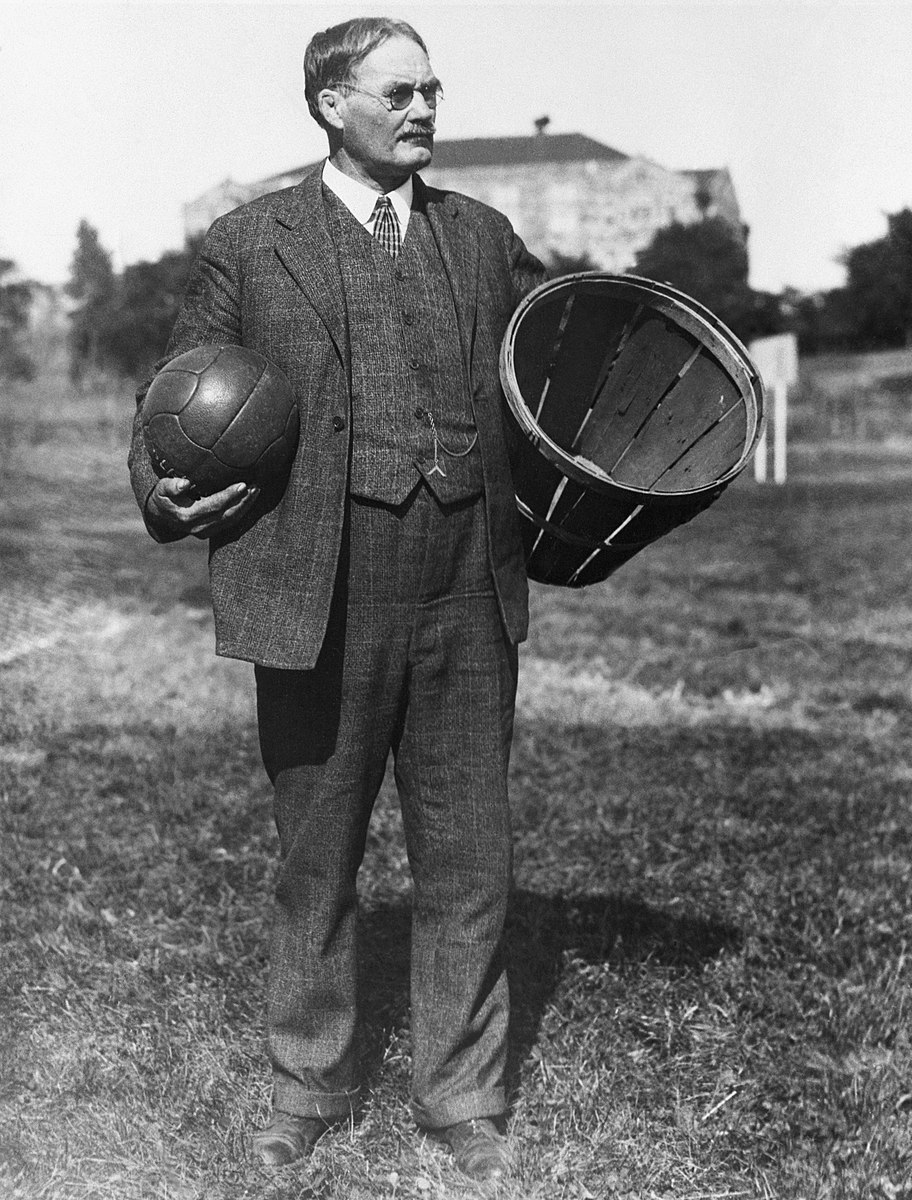
From: Canada
James Naismith is the inventor of basketball, a sport he created in 1891 to engage his students during the cold winter months when outdoor activities were limited. Recognizing the need for a new indoor game, he established the basic rules and designed the first hoop, laying the groundwork for a sport that would capture the hearts of millions. Naismith’s innovative vision provided a fun and competitive outlet for physical activity and also transformed how sports are integrated into education. Today, basketball is a global phenomenon, demonstrating how one person’s creativity can inspire generations and promote physical fitness, teamwork, and discipline in communities worldwide.
Learn more: James Naismith at Britannica Encyclopedia
George Washington Carver (1864–1943)
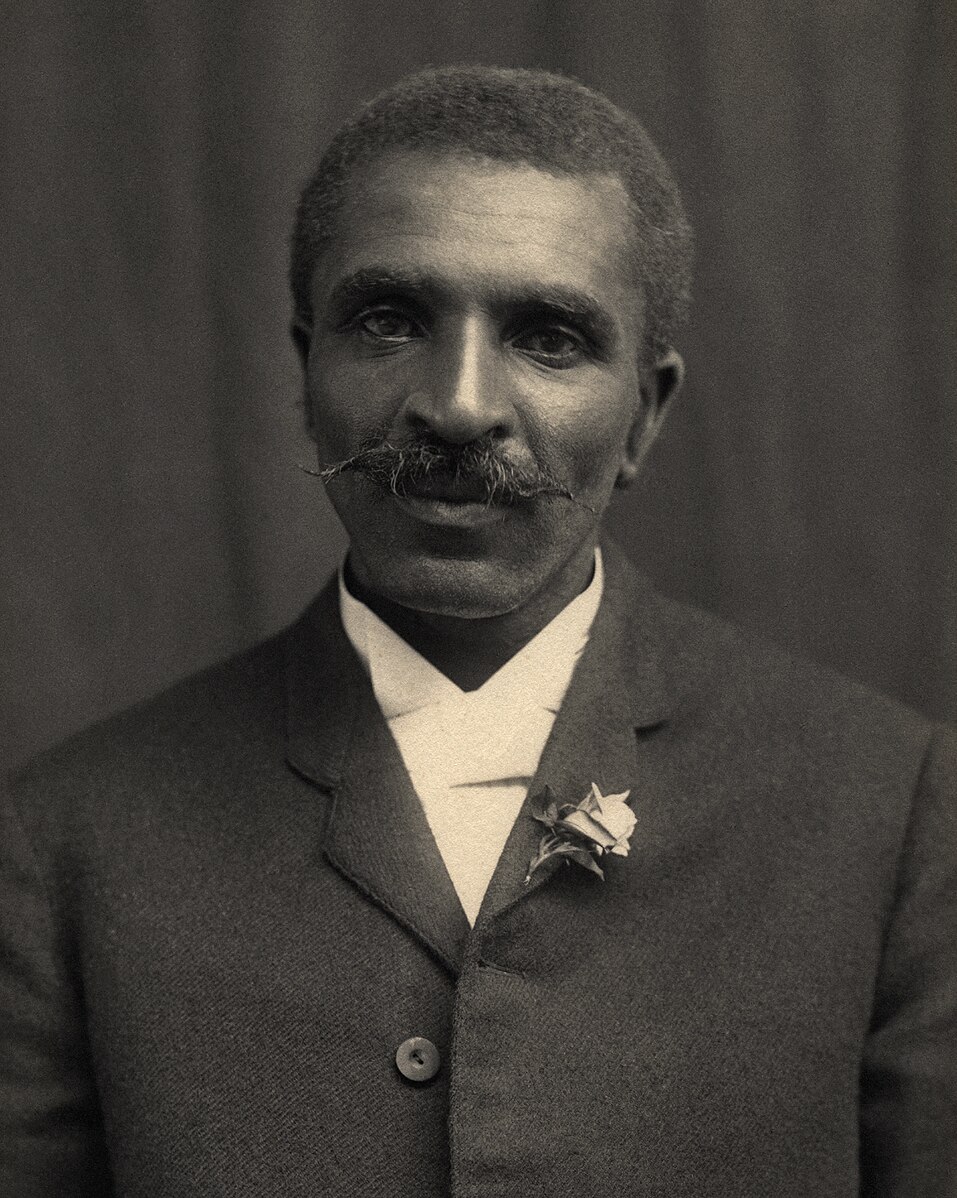
From: United States
George Washington Carver, a renowned agricultural scientist and inventor, is a famous historical figure for his groundbreaking contributions to sustainable farming practices and his role in transforming agriculture in the American South. Born into slavery, Carver overcame immense obstacles to become one of the most respected scientists and famous historical figures of his time. He is best known for promoting crop rotation and introducing alternative crops like peanuts, sweet potatoes, and soybeans to restore soil health depleted by cotton farming. His innovations not only improved the livelihoods of countless farmers but also laid the foundation for modern agricultural science, making him a pivotal figure in American history.
Learn more: George Washington Carver at Britannica Encyclopedia
Madame C.J. Walker (1867–1919)
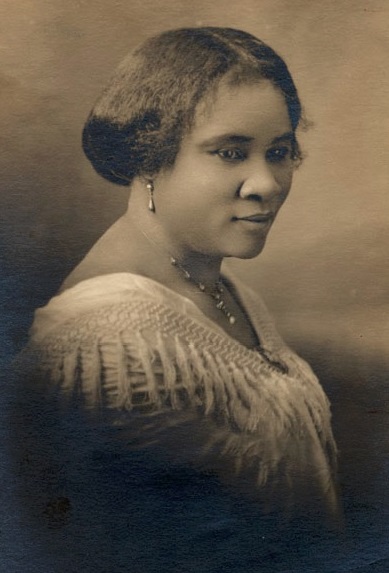
From: United States
Sarah Breedlove, widely known as Madame C.J. Walker, is recognized as one of the first female self-made millionaires in the United States and a pioneer in the beauty industry. Born to formerly enslaved parents, she faced significant hardships throughout her life, including poverty and discrimination. Despite these challenges, she developed a line of hair-care products specifically for African American women, leveraging her experiences with hair loss and scalp issues. Through innovative marketing and a commitment to empowering other women, Walker built a successful business that provided economic opportunities for countless individuals. She was also a philanthropist and activist, using her wealth to support various social causes, including education for African Americans and anti-lynching campaigns. Walker’s inspiring life story has been celebrated in various media, highlighting her significant impact on both the beauty industry and social justice movements.
Learn more: Sarah Breedlove (Madame C.J. Walker) at Britannica Encyclopedia
Maria Montessori (1870–1952)
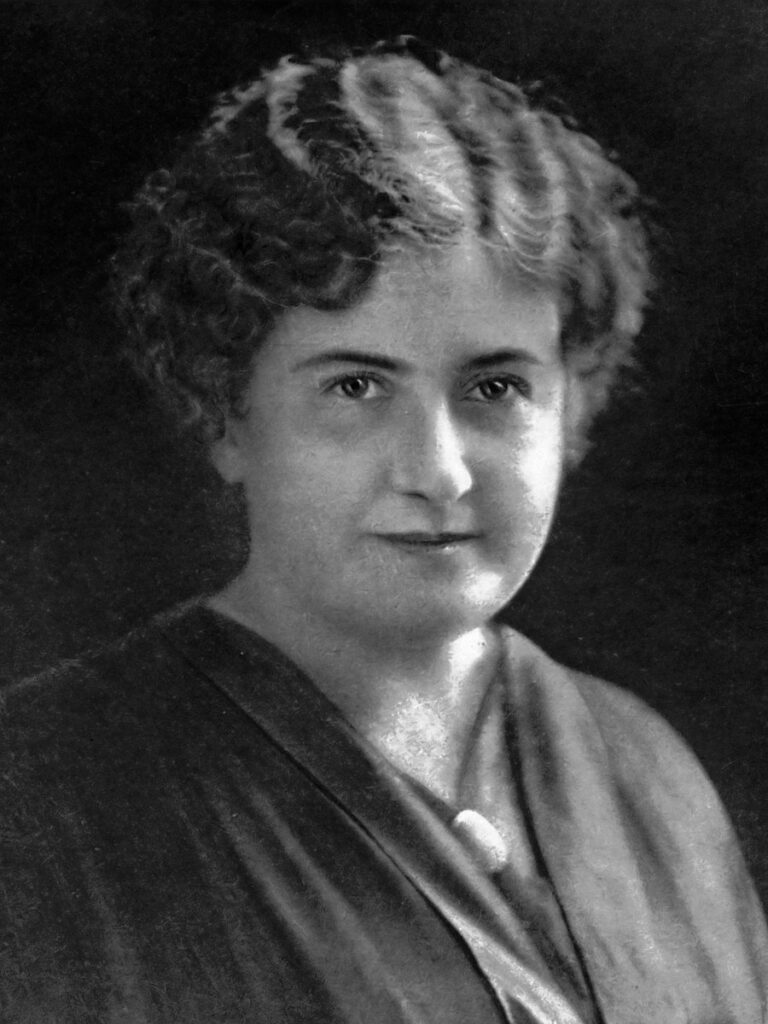
From: Italy
Maria Montessori was an educator and physician who made a lasting impact on early childhood education through her unique approach. Born in Italy in 1870, Montessori was one of the first women to graduate from medical school in her country. Her experiences working with children, particularly those with disabilities, led her to develop the Montessori Method, which encourages hands-on, self-directed learning in a carefully prepared environment. Montessori classrooms are characterized by child-sized furniture, diverse learning materials, and an emphasis on collaborative play, allowing children to explore their interests at their own pace. Her work started a worldwide movement in education, showing that children learn best when they are actively involved in their learning.
Learn more: Maria Montessori at Britannica Encyclopedia
Guglielmo Marconi (1874–1937)
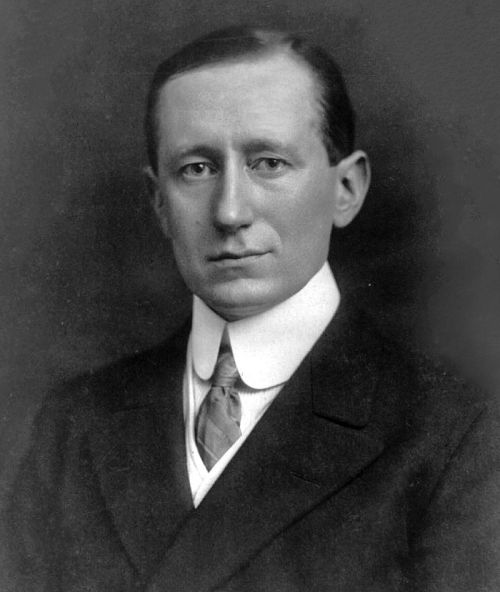
From: Italy
Guglielmo Marconi was a true game-changer in the world of communication. His work in long-distance radio transmission led to the creation of the first commercial wireless telegraph system, enabling messages to travel across vast distances without the hassle of wires. This remarkable achievement not only earned him the first Nobel Prize in Physics but also revolutionized how we connect with one another. Thanks to Marconi’s visionary innovations, we now enjoy global connectivity and instant communication. His contributions are still important today, evidence of how he helped change the way we connect!
Learn more: Guglielmo Marconi at Britannica Encyclopedia
Helen Keller (1880–1968)
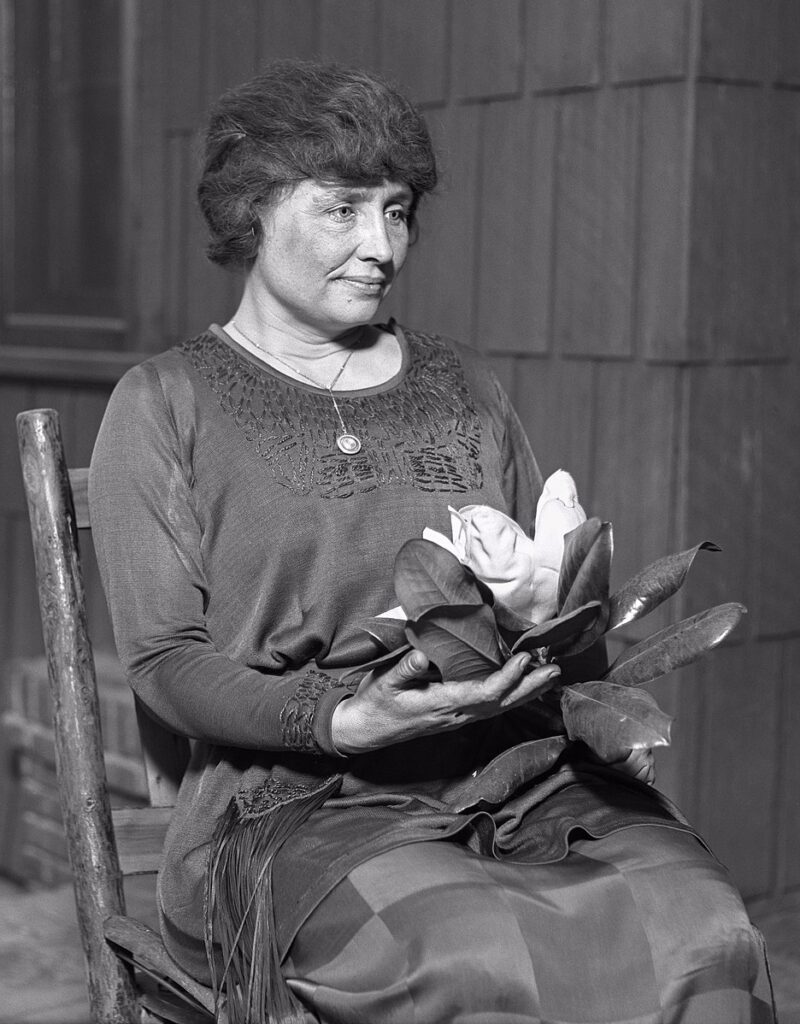
From: United States
Helen Keller is a remarkable figure in history, known for her achievements despite being deaf and blind from a young age. Born in Alabama, she faced many challenges but still became an author, activist, and lecturer. With the help of her teacher Anne Sullivan, Keller learned to communicate using sign language and Braille. She made history by earning a Bachelor of Arts degree from Radcliffe College, becoming the first deaf-blind person to graduate. Keller was a strong advocate for people with disabilities and fought for social justice, including women’s rights and labor rights. Her life story, shared in her autobiography The Story of My Life, continues to inspire many. Keller’s determination shows that everyone can overcome challenges and achieve their goals.
Learn more: Helen Keller at Britannica Encyclopedia
Bessie Smith (1894–1937)
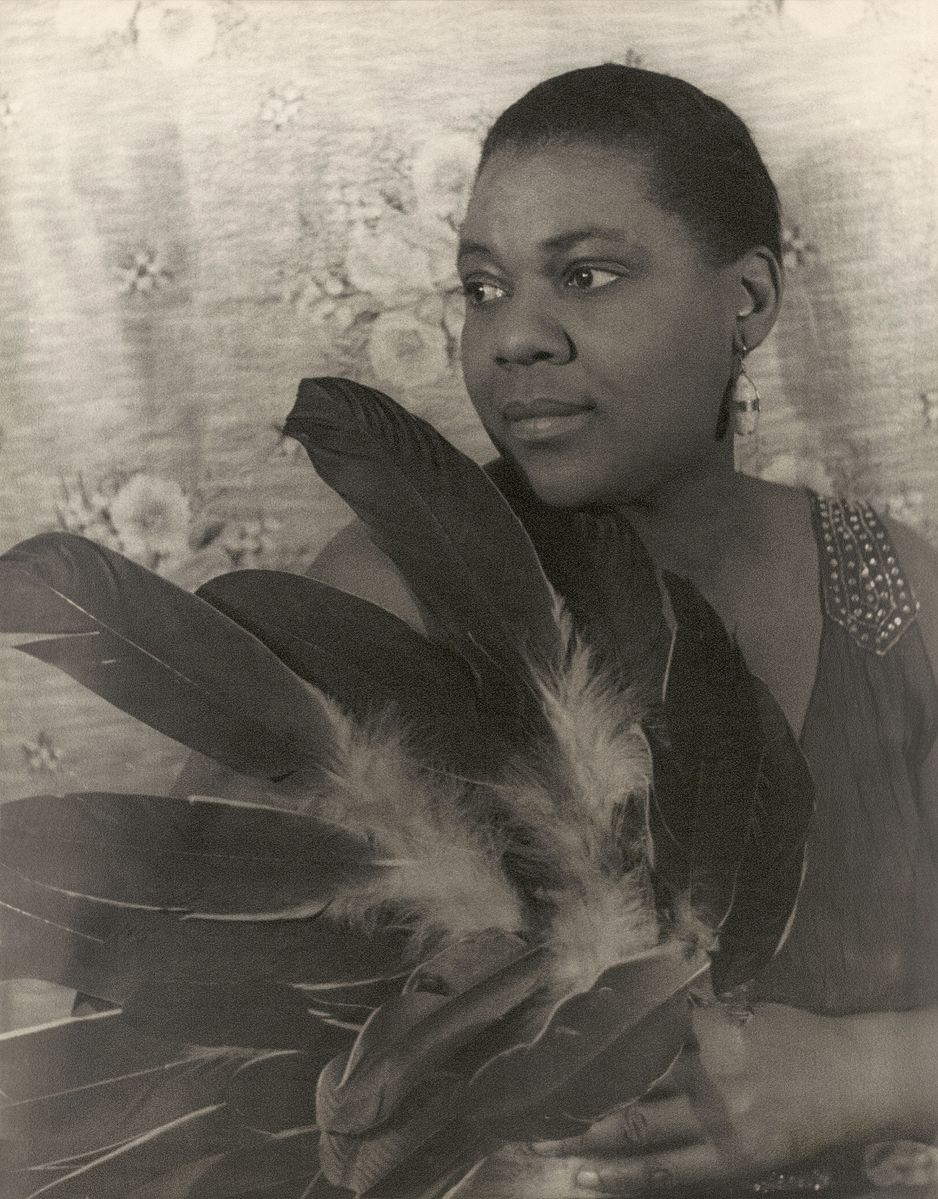
From: United States
Bessie Smith, known as the “Empress of the Blues,” was an American singer in the 1920s and one of the highest-paid African American performers of her time. Her powerful voice and emotional delivery helped shape the blues genre, addressing themes of love and hardship that resonated deeply with her audience. Smith’s influence extended beyond blues, inspiring numerous musicians in jazz and rock, including legends like Billie Holiday and Janis Joplin. Her iconic recordings, such as “Downhearted Blues,” continue to inspire artists today. This solidifies her place as a pivotal figure in the evolution of American music.
Learn more: Bessie Smith at Britannica Encyclopedia
László Bíró (1899–1985)
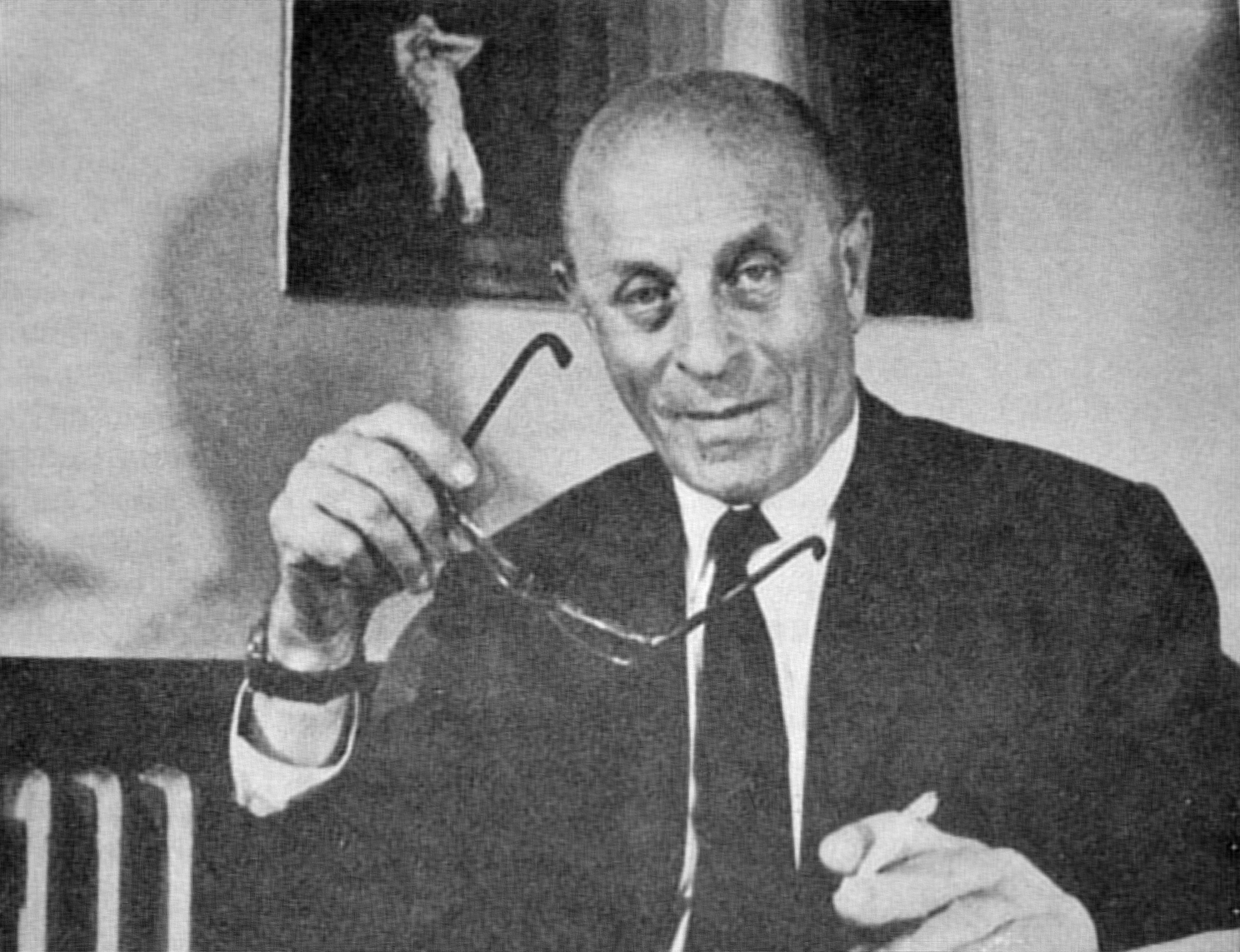
From: Hungary
László Bíró is best known for inventing the ballpoint pen, which transformed writing technology. Before his invention, fountain pens were common but often leaked and required constant refilling. Bíró’s clever design featured a tiny ball bearing that rotated in its socket, allowing ink to flow smoothly onto paper without the mess associated with traditional pens. This innovation made writing much more convenient and reliable, leading to the ballpoint pen becoming a staple in schools, offices, and homes around the world. You probably have a ballpoint pen on your desk or in a drawer, as it’s one of the most widely used writing tools today.
Learn more: László Bíró at Britannica Encyclopedia
Dr. Seuss (1904–1991)
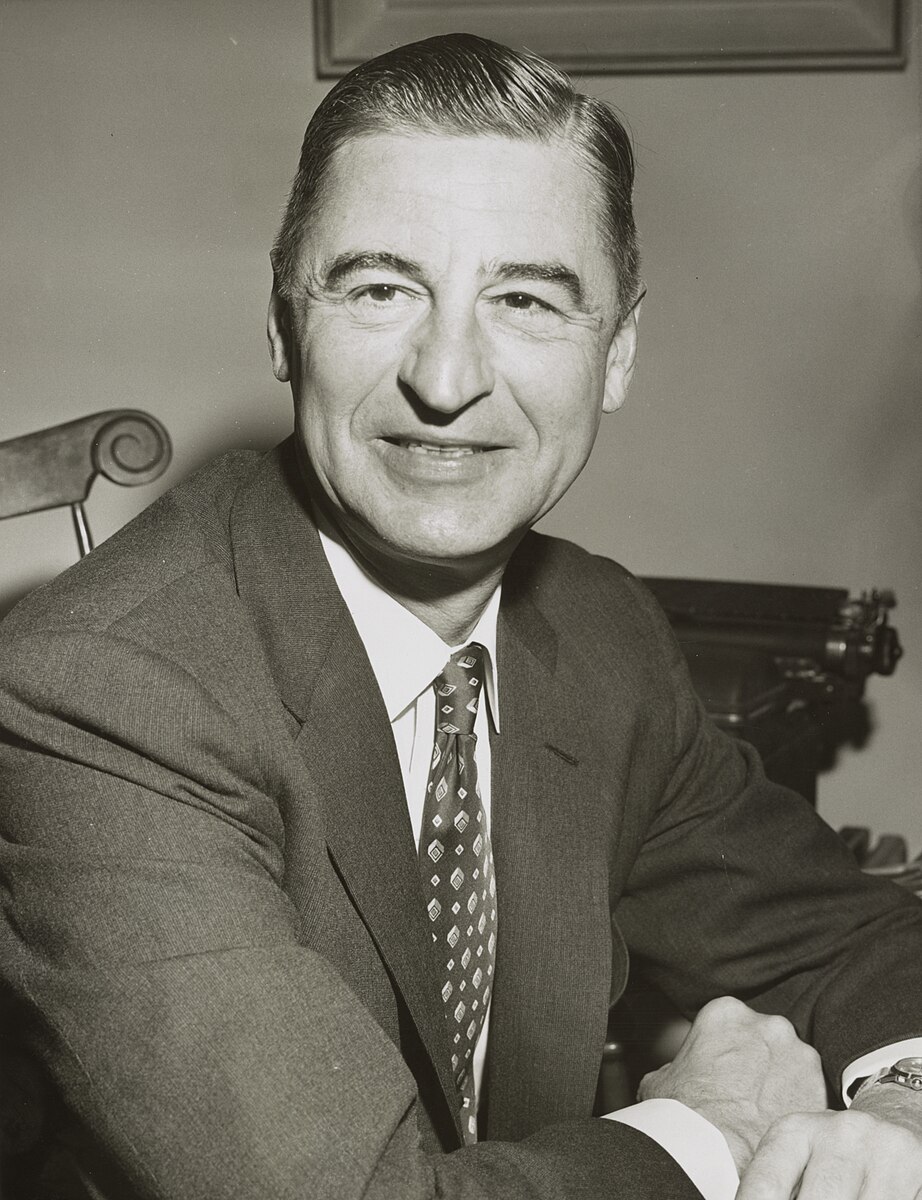
From: United States
Dr. Seuss, born Theodor Seuss Geisel, is a legendary figure in children’s literature, known for his whimsical characters and imaginative storytelling. He brought reading to life with his playful rhymes and colorful illustrations, captivating young readers with classics like The Cat in the Hat, Green Eggs and Ham, and Oh, the Places You’ll Go! These books not only entertain but also teach important lessons about life and creativity. Beyond his enchanting stories, Dr. Seuss made significant contributions during World War II by creating political cartoons and propaganda films, showing his commitment to social issues. His legacy inspires authors and educators alike, reminding us that reading can be both fun and meaningful. Dr. Seuss truly transformed children’s literature, solidifying his place in history as an influential storyteller.
Learn more: Dr. Seuss at Britannica Encyclopedia
Oskar Schindler (1908–1974)
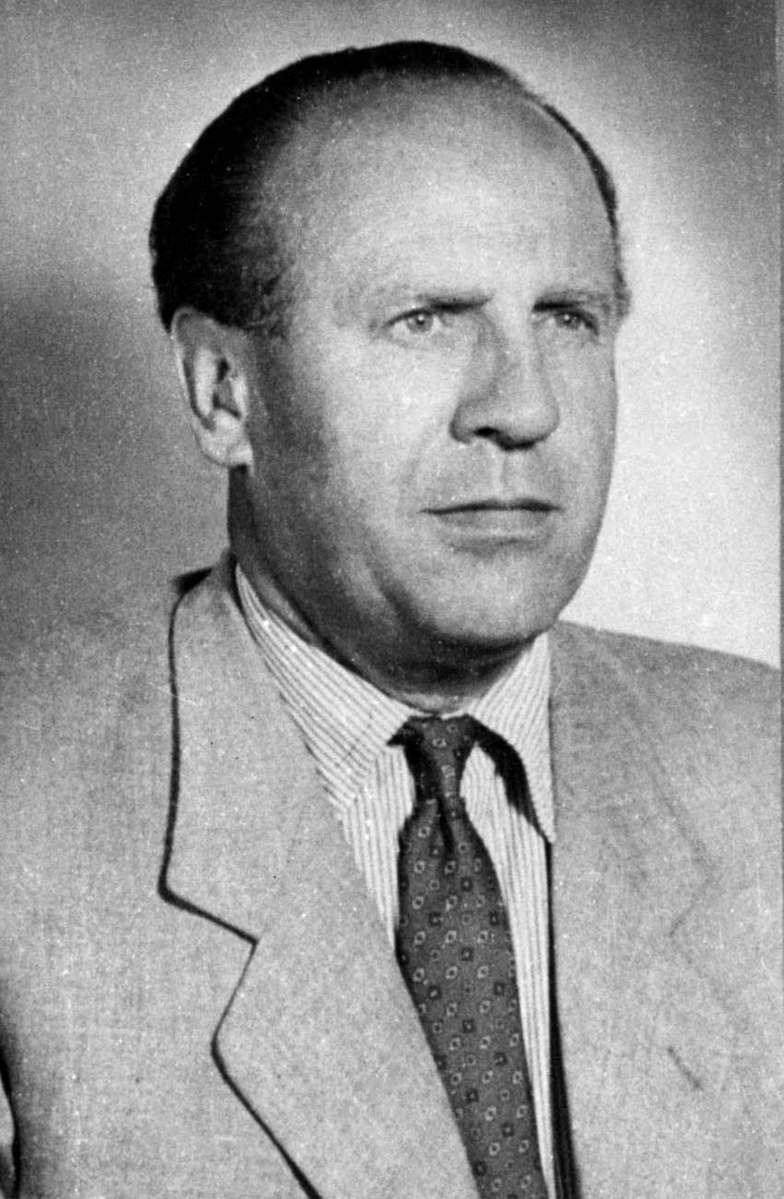
From: Germany
During World War II, Oskar Schindler, a German businessman, took incredible risks to save more than 1,000 Jews from the horrors of the Holocaust. Initially motivated by profit, Schindler transformed his factories into a sanctuary, employing Jewish workers to protect them from deportation to concentration camps. His readiness to bribe officials and spend his wealth to save lives marked a significant change in his character, turning him from a profit-driven businessman into a true hero. Schindler’s remarkable story has been captured in the book Schindler’s Ark and adapted into the Oscar-winning film Schindler’s List. His stories ensured that his legacy of bravery and compassion continues to inspire people today.
Learn more: Oskar Schindler at Britannica Encyclopedia
Tenzing Norgay (1914–1986)
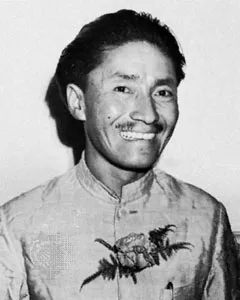
From: Nepal
Tenzing Norgay was a renowned Sherpa mountaineer who, alongside Sir Edmund Hillary, became one of the first two individuals confirmed to reach the summit of Mount Everest on May 29, 1953. His remarkable achievement represented a significant milestone in the history of exploration and also brought global attention to the Sherpa community and their essential role in high-altitude mountaineering. Norgay’s expertise, bravery, and cultural heritage highlight the contributions of indigenous peoples to the world of adventure and exploration. His legacy highlights the importance of teamwork and respect for local cultures.
Learn more: Tenzing Norgay at Britannica Encyclopedia
Shirley Chisholm (1924–2005)
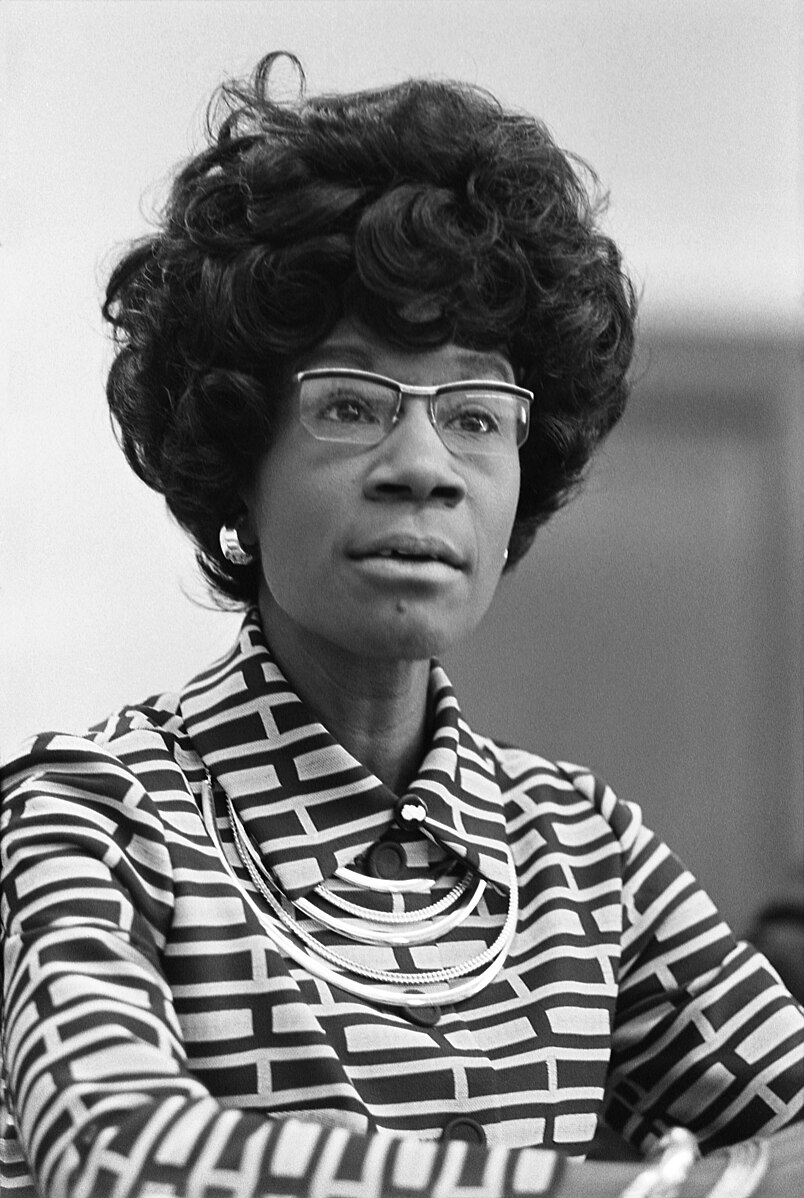
From: United States
Shirley Chisholm was an American politician, educator, and author who made history as the first African American woman elected to the United States Congress in 1968. She served seven terms in the House of Representatives, where she championed civil rights, women’s rights, and anti-poverty initiatives. In 1972, she broke barriers again by becoming the first African American woman to run for the Democratic Party’s presidential nomination, with the bold campaign slogan “Unbought and Unbossed.” Her legacy continues to inspire as a symbol of courage, determination, and a relentless fight for equality and representation in politics.
Learn more: Shirley Chisholm at Britannica Encyclopedia
Abebe Bikila (1932–1973)
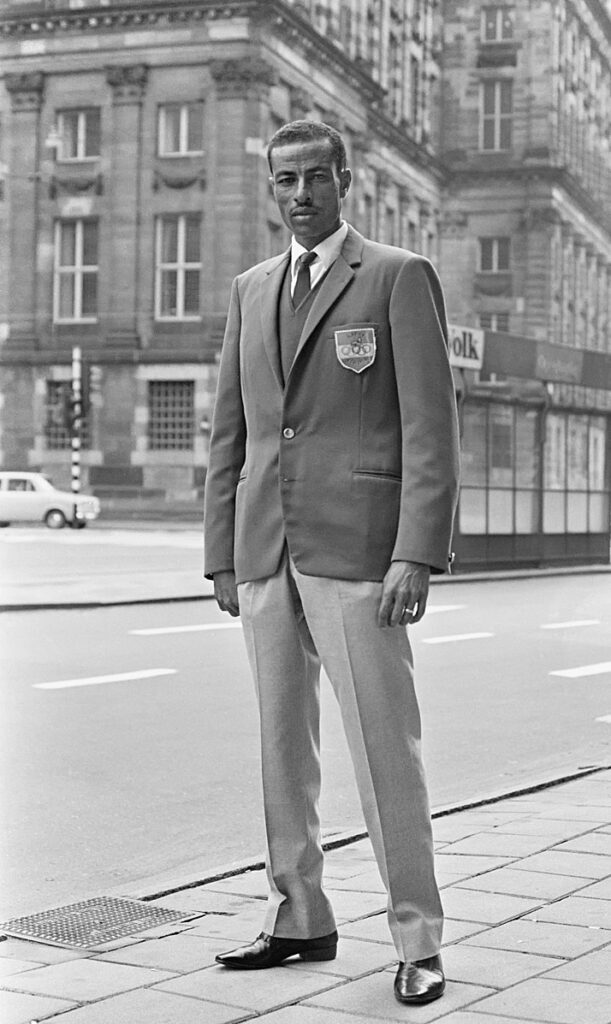
From: Ethiopia
Abebe Bikila is celebrated as a pioneer in long-distance running and is best known for winning the Olympic marathon in 1960 while running barefoot. His remarkable victory in Rome showcased his incredible athleticism and also drew international attention to Ethiopian running talent. Bikila’s win marked the first time an African athlete won an Olympic gold medal. This aided in breaking racial barriers and inspiring generations of athletes from the continent and beyond. He went on to win a second Olympic gold medal at the 1964 Tokyo Olympics. This made him the first person to win the marathon twice!
Learn more: Abebe Bikila at Britannica Encyclopedia
Bruce Lee (1940–1973)
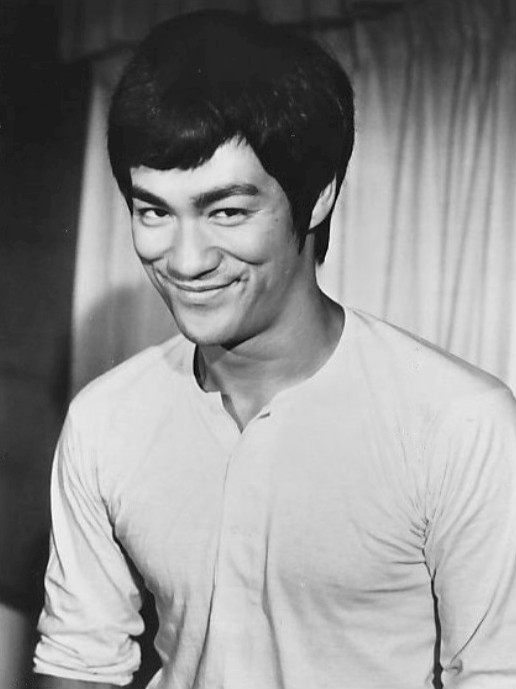
From: United States
A martial arts icon and cultural phenomenon, Bruce Lee is celebrated for his extraordinary combat skills and impact on martial arts and cinema. Born in San Francisco and raised in Hong Kong, Lee began training in martial arts at a young age. He ultimately developed his own philosophy and style called Jeet Kune Do, which emphasizes practicality, efficiency, and directness. He gained international fame with films like Enter the Dragon and The Way of the Dragon. Lee’s dynamic fighting style and charismatic presence revolutionized action cinema, paving the way for future martial arts stars. Tragically, his life was cut short at 32. However, his legacy endures through his films, philosophies, and ongoing influence on martial arts, fitness, and popular culture.
Learn more: Bruce Lee at Britannica Encyclopedia
Wangari Maathai (1940–2011)

From: Africa
Wangari Maathai was a prominent Kenyan environmentalist and political activist known for her work in sustainable development. As the founder of the Green Belt Movement, she led efforts in tree planting and environmental conservation to combat deforestation and empower women in her community. In 2004, Maathai made history as the first African woman to receive the Nobel Peace Prize. The Peace Prize recognized her contributions to sustainable development, democracy, and peace. Maathai passionately advocated for environmental justice, showing how closely nature, human rights, and social justice are connected. Her inspiring work continues to motivate people today, making her a key figure in the fight for a healthier planet.
Learn more: Wangari Maathai at Britannica Encyclopedia
Martin Cooper (b. 1928)
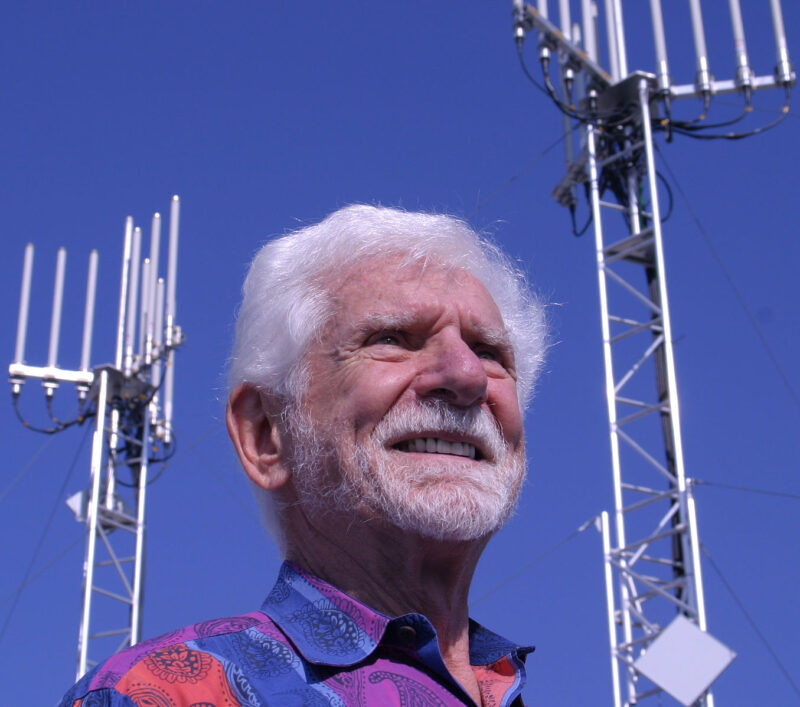
From: United States
While Martin Cooper may not be a household name, his contributions to communication technology are nothing short of remarkable. This American engineer is best known for inventing the first practical mobile phone in 1973. Before his innovation, people relied on landlines, which limited their ability to communicate on the go. Cooper’s work paved the way for the mobile revolution, allowing us to connect anytime and anywhere. His vision and creativity have shaped modern life, making him a key player in the evolution of communication. Thanks to his efforts, we now carry powerful smartphones in our pockets, changing the way we connect with others.
Learn more: Martin Cooper at Britannica Encyclopedia
Billie Jean King (b. 1943)

From: United States
Billie Jean King is a significant figure in sports and a strong advocate for gender equality. She rose to fame as a professional tennis player, winning 39 Grand Slam titles. Beyond her athletic prowess, King is known for her role in championing women’s rights in sports. Her victory in the 1973 “Battle of the Sexes” match against Bobby Riggs secured her place in tennis history and also catalyzed the women’s sports movement. This demonstrated that female athletes deserve equal recognition and opportunities. King has consistently fought for gender equality, co-founding the Women’s Sports Foundation and advocating for equal pay in athletics. She has received many awards for her contributions, including the Presidential Medal of Freedom.
Learn more: Billie Jean King at Britannica Encyclopedia
Exploring the lives of both famous and lesser-known historical figures helps students appreciate the contributions that have shaped our world. These remarkable individuals inspire critical thinking about the past and empower students to consider how they can influence the future.
Whether examining the impact of well-known leaders like Nelson Mandela or uncovering the pioneering efforts of lesser-known heroes like Ada Lovelace, studying these figures imparts valuable lessons about courage, resilience, and the potential of one person to make a difference.
Who are some of your favorite famous historical figures? Come share them in our We Are Teachers HELPLINE on Facebook.
Plus, if you liked this famous historical figures list, check out our favorite history jokes.
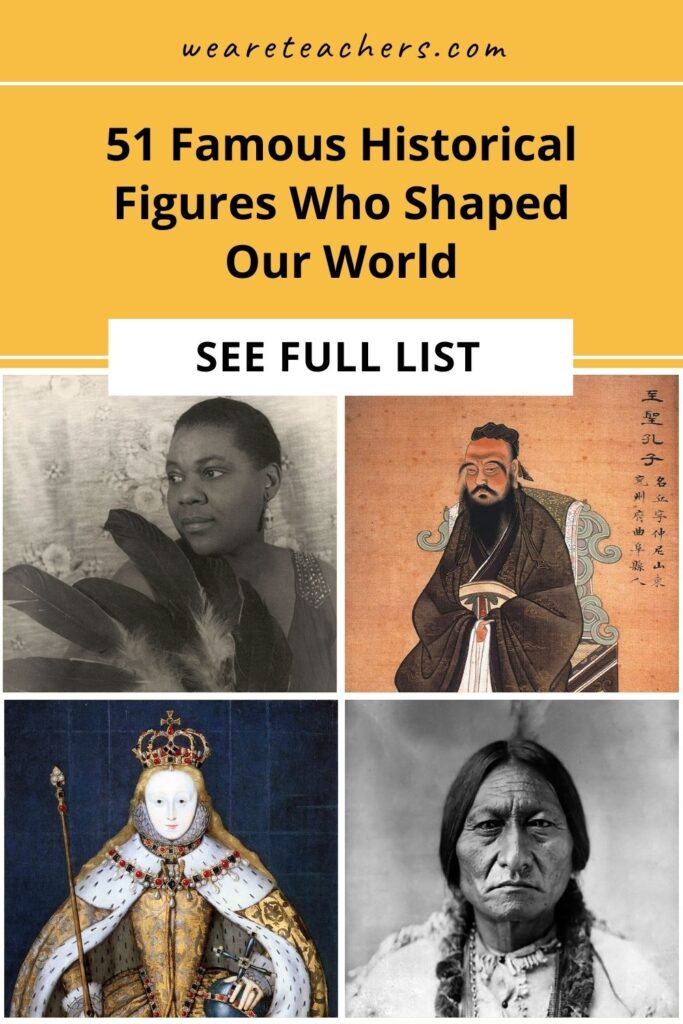
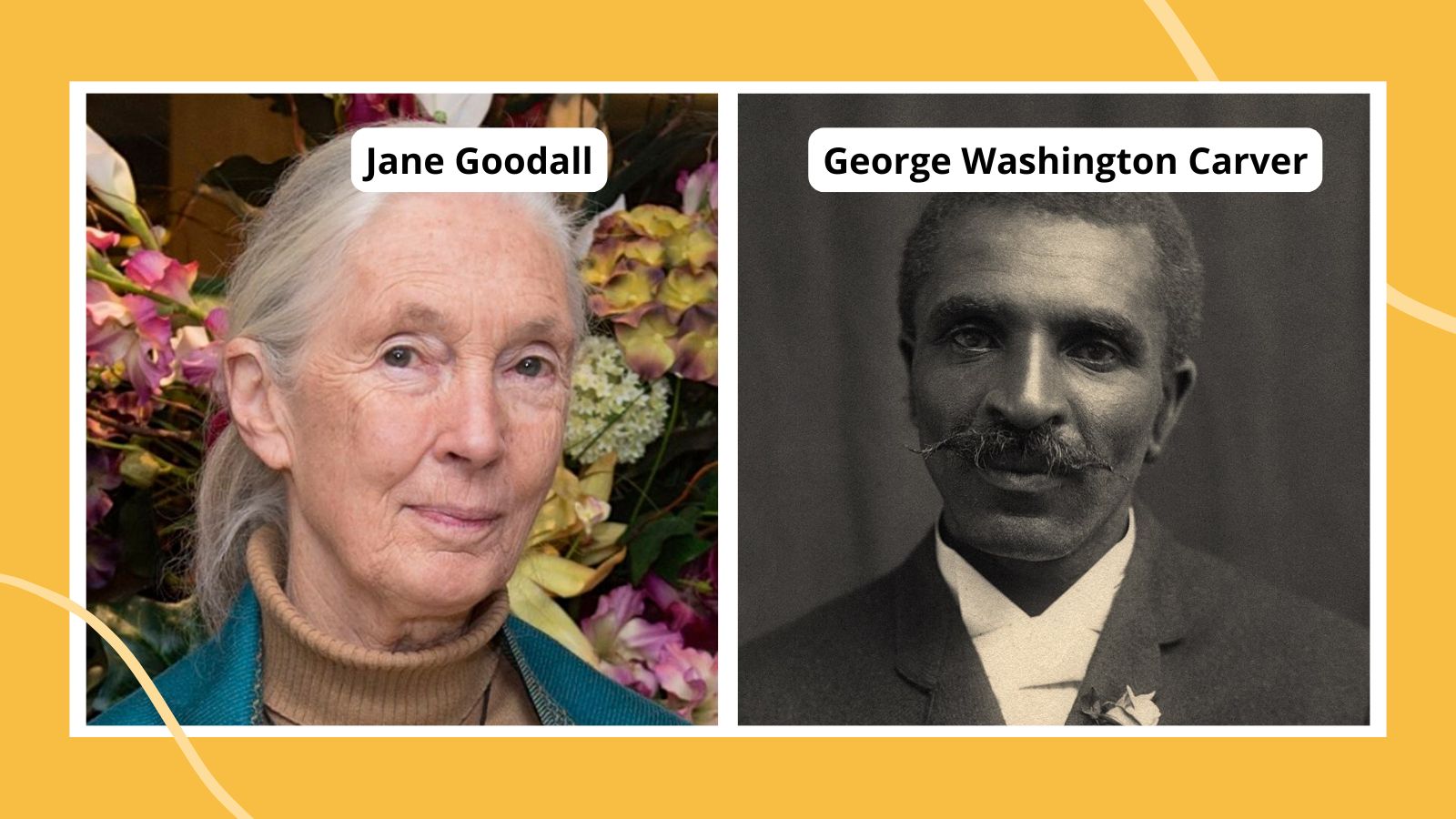





Leave a Reply